PATHWAYS TO FREEDOM
Our commitment to the best future for wild animals

Born Free strategy 2025 to 2030


Our commitment to the best future for wild animals

Born Free strategy 2025 to 2030

The lives of two wild animals were the inspiration for our charity, which was founded by Dame Virginia McKenna, her late husband, Bill Travers MBE, and their eldest son and our Executive President, Will Travers OBE.
The true stories of Elsa, the lioness, and Pole Pole, a young elephant, resonated for Virginia and Bill throughout their acting careers, after they starred in the 1960s’ classics, Born Free and An Elephant Called Slowly
But it was Pole Pole’s untimely and unnecessary death in captivity in London, having been born on the plains of Kenya, that led them to establish our charity in 1984. From those beginnings, we have worked tirelessly to stop the exploitation and suffering of wild animals, whether living in captivity or in the wild, and to become the respected and influential voice for wildlife we are today.
Our Pathways to Freedom strategy builds on our special legacy, and boldly sets out our vision for a world where people and wild animals coexist in peace.
The next five years are critical for wild animals and the natural world. The climate crisis, so closely connected to the biodiversity crisis, threatens the survival of life on earth – including ours. Countless individual wild animals are exploited, while species and their habitats are threatened.
Since our foundation began in 1984, we have been taking effective frontline action for wild animals. Our work has had an enormous impact on the lives of millions of animals, reaching many different species and countries. But, there is still much that needs to be done. Too many animals suffer in zoos, are paraded for human entertainment, are traded for profit, or are at risk of extinction.
Born Free is a global force for wildlife and a crucial voice for wild animals in need. Since we began we have had compassion at our heart, and always will. Equally devoted to individual wild animal welfare and wildlife conservation, we transform animals’ lives, and expose and challenge those who want to hunt, kill, and exploit.
In more than 40 years of working for wildlife, our international charity has never been afraid of tackling the big issues – exploited, vulnerable individual animals, and iconic species under threat. Over the decades we have achieved so much.
From helping end the cruel exploitation of captive dolphins and wild animal circuses in the UK, to helping secure a global trade ban in elephant ivory, Born Free has led the way. Since our conservation activities began, and working alongside many like-minded organisations and individuals committed to nature’s recovery, wild elephants in Kenya and tigers in India have more than doubled, while Kenya’s lions and rhinos are up 25% and 89% respectively.
Thanks to the steadfast help of our generous supporters, together with our hard-working teams, partners and colleagues, Born Free’s work has grown ever more impactful – through our wild animal welfare and compassionate community conservation work, and our policy-led campaigns. But, we need to do so much more.
Despite our efforts, nature is in peril and, across the world, wildlife has declined by 69% since 1970. Today, more than one million species are threatened with extinction. Land use is changing fast, and climate change increasingly affects livelihoods and wildlife around the world.
Wildlife crime is the fourth-largest illegal activity in the world. The illicit wildlife trade – worth £16 billion per year – and often run by powerful, highly-organised criminals, causes immeasurable suffering and is driving species
towards oblivion. Captive wild animals continue to endure unacceptable and often brutal conditions in zoos, are forced to perform tricks in circuses, or suffer as exotic ‘pets’.
Born Free’s new Pathways to Freedom strategy will continue to advance us towards our vision of a world where wildlife and people live in harmony. Our strategy draws on over 40 years’ experience, standing up for wild animals, their habitats, and local communities, and of working with those who share our values to achieve our goals.
Thank you for reading our five-year strategy. We look forward to working with you to deliver it.

Michael Reyner Chair of Trustees

Will Travers OBE Executive President
The next five years are critical for wild animals and the natural world.
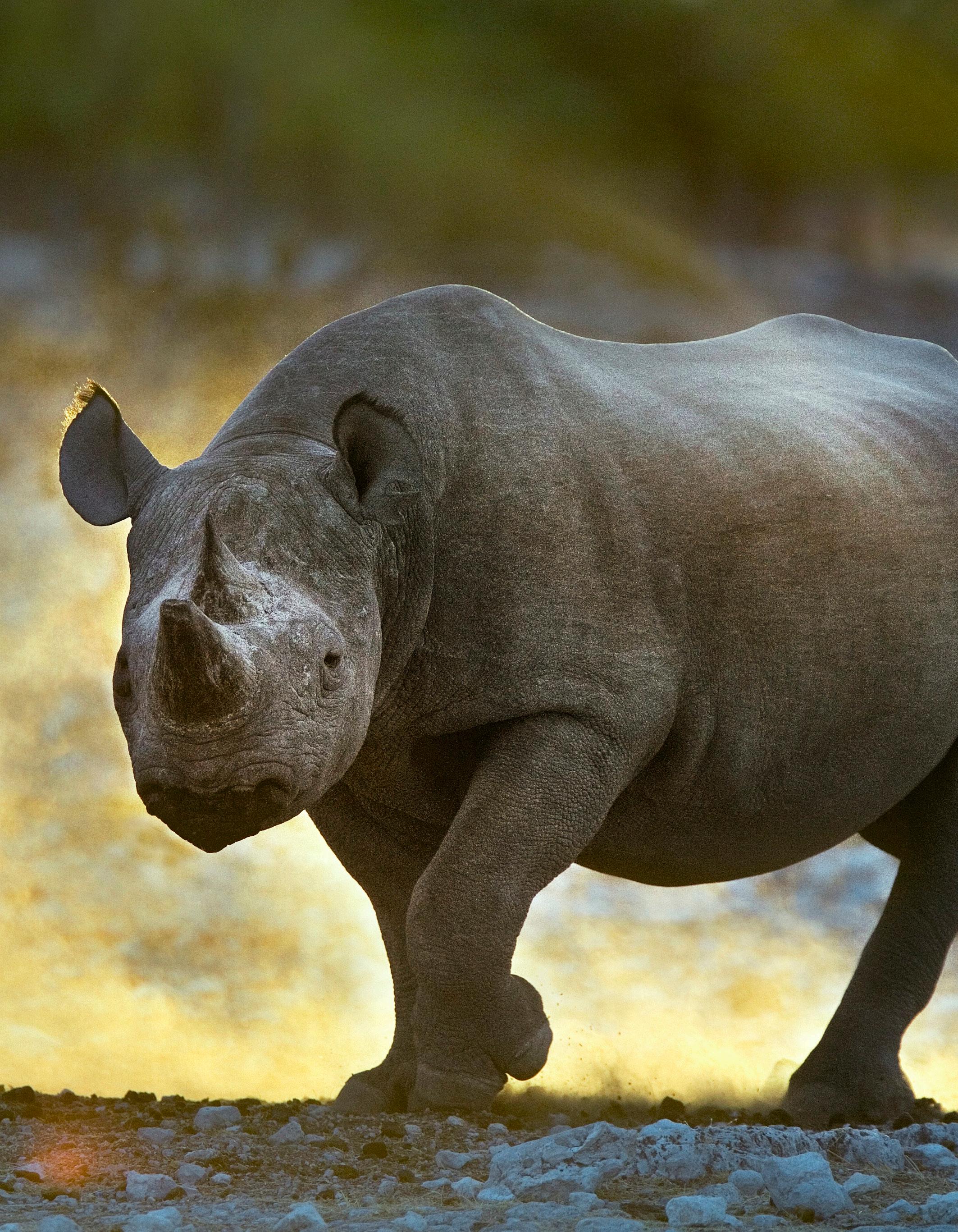
Our vision is a world where individual wild animals are treated with respect and compassion. We strive to secure mutually beneficial coexistence between people and wildlife, enabling wild animals to live their lives free from harmful exploitation, and as part of functional, viable ecosystems.
Our purpose is to keep wildlife in the wild. We aim to create a kinder, more compassionate world, where wild animals are no longer exploited, and people and wildlife live alongside each other in harmony and without conflict.
We are bold and ambitious, speaking out and being a trusted voice for wild animals, telling the truth about the reality so many animals face in captivity. Confidently and consistently, we campaign for improved policies and wildlife laws in the UK, EU, and around the world.
We use the collective power of our supporters and partners to bring about positive change and increase understanding, so that wild animals are no longer exploited for entertainment or traded as commodities.
We aim to enhance people’s appreciation of, and connection to, the natural world, enabling them to live sustainably, so their actions can support, not harm, the wild animals that live alongside them.
We work in partnership with organisations that amplify our shared impact. We work together to rescue wild animals from captive suffering and, where necessary, care for them for life.
We ensure our compassionate conservation programmes enhance the work of others in the landscapes where we work, to increase our collective impact.
We embrace cultures and knowledge, with long-established local teams in Kenya, Ethiopia and South Africa, and a network of contacts around the world. We support and build capacity in partner organisations wherever we work.
Engaging and empowering communities and people through education and support.
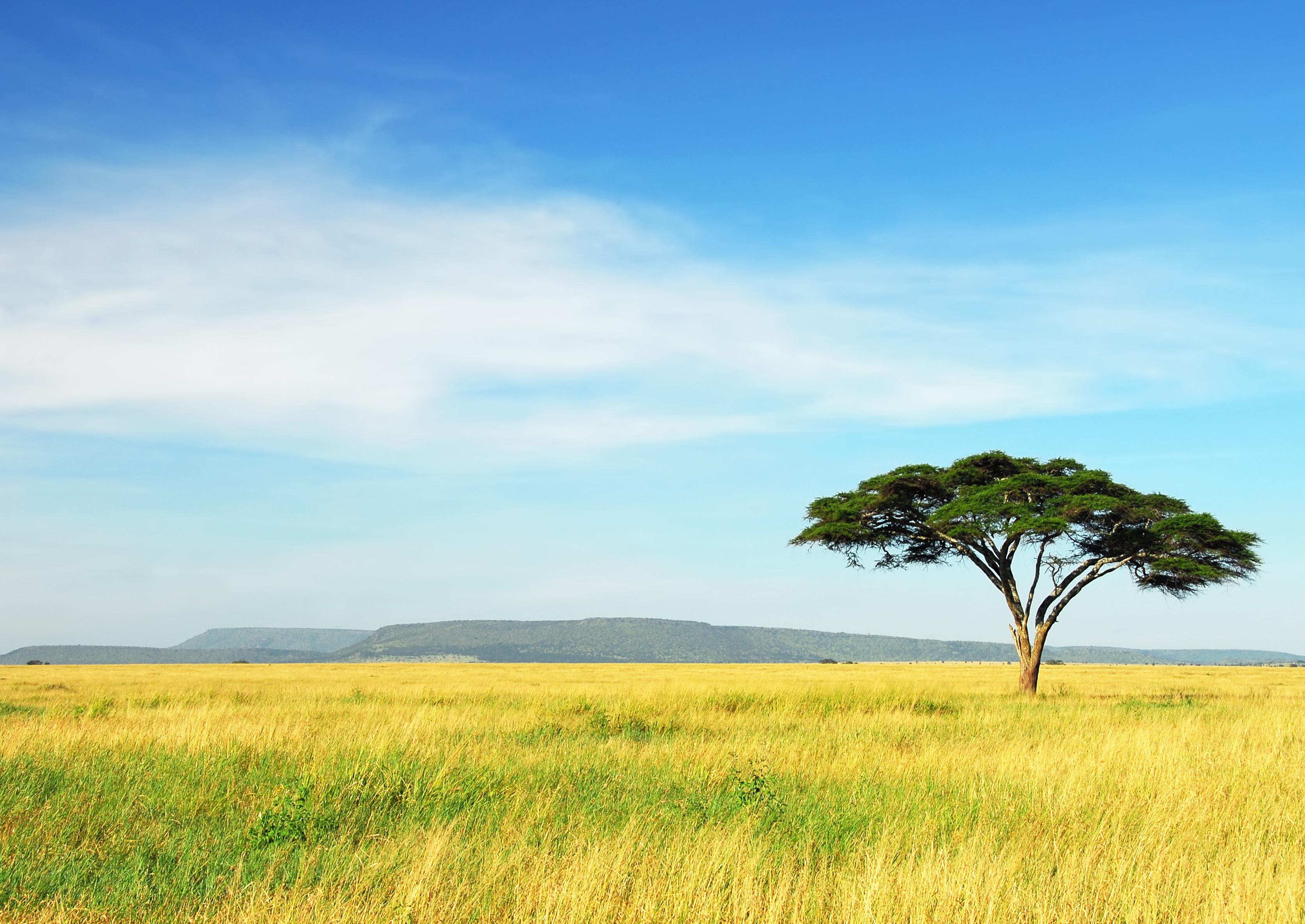
Supporting local people to coexist harmoniously alongside thriving wildlife populations.
How will change happen?
animals, habitats, and ecosystems need to be protected.
Directly contributing to the delivery of wild animal rescue, care, protection, and conservation.
Improving wildlife law and policy development, enhancement, and enforcement.
Working in partnership with organisations that enhance our shared impact. What difference will it make?
Safeguarding the welfare and reducing the presence of wild animals in captivity.
Returning individual healthy animals to the wild, where possible.
Encouraging communities, organisations, and governments to make choices that protect the welfare of wildlife and their natural habitats.
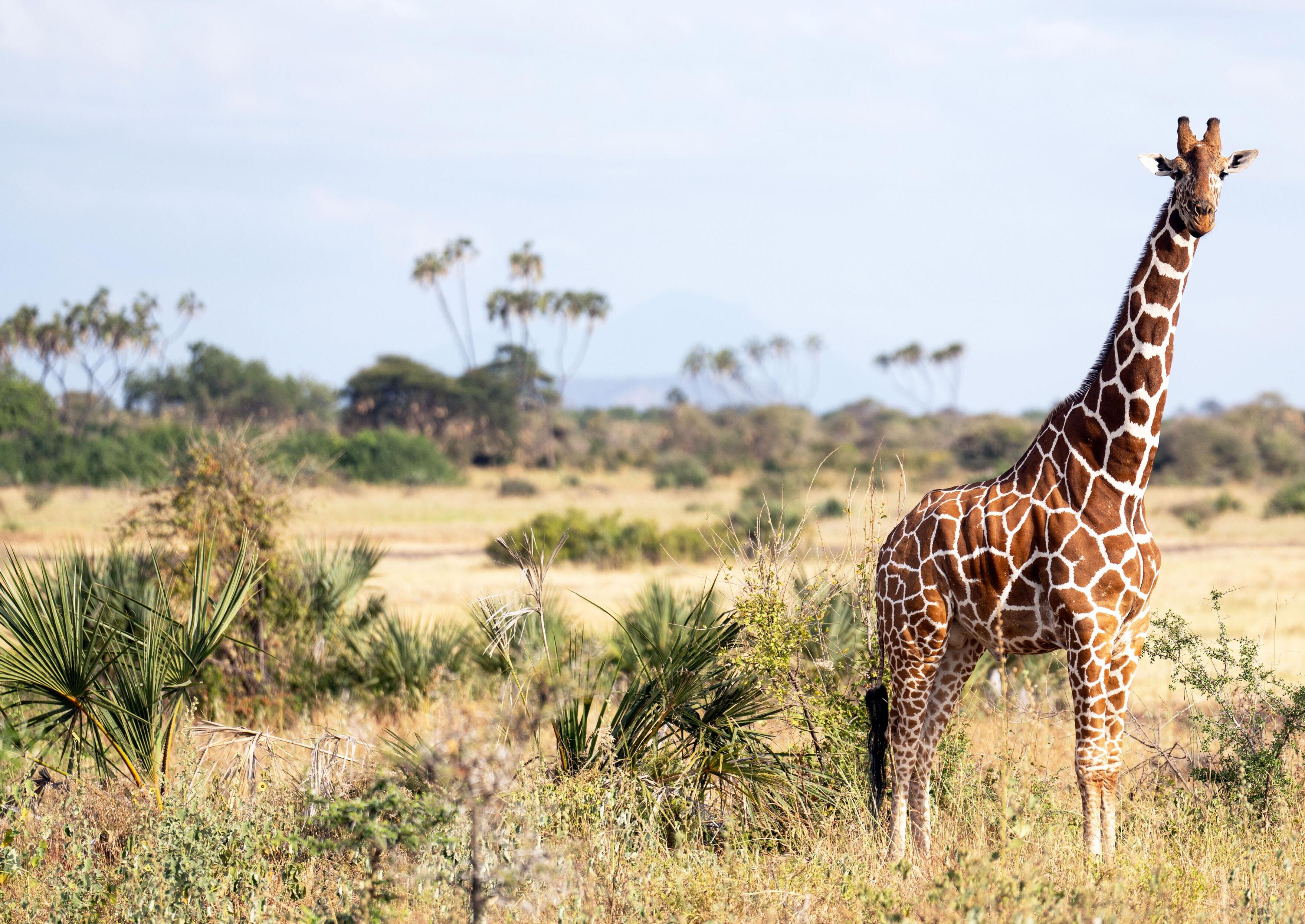
Our four cross-organisational objectives set out what we believe needs to happen, in pursuit of our longer-term vision of a world where wild animals live their lives free from harmful exploitation, as part of functional, viable ecosystems. These goals are highly connected, and our vision requires all four to be achieved.
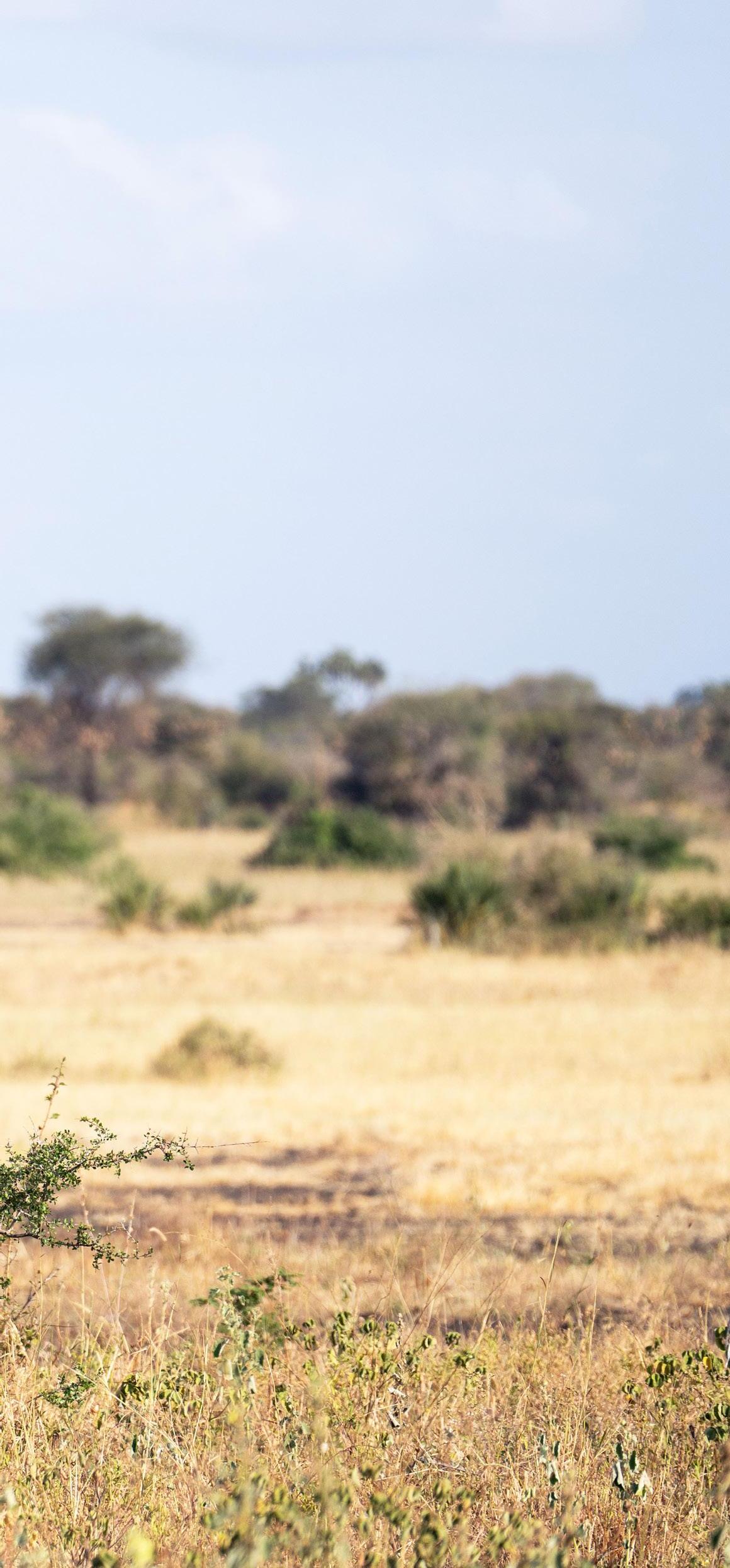
Our cross-organisational objectives
End the exploitation, suffering, and killing of wild animals for entertainment and trade by engaging, educating and empowering society.
Rescue and care for individual wild animals, either taken from the wild or born in captivity, working towards their release, where possible.
Advocate for new or improved policies and legislation to end the exploitation, suffering, and killing of wild animals, strengthen measures aimed at delivering the long-term, sustainable protection of wildlife habitats, and securing greater resourcing for the enforcement of all relevant laws.
Work with communities living with wildlife to reduce conflict with wild animals, protect wildlife habitats, and promote sustainable human-wildlife coexistence.
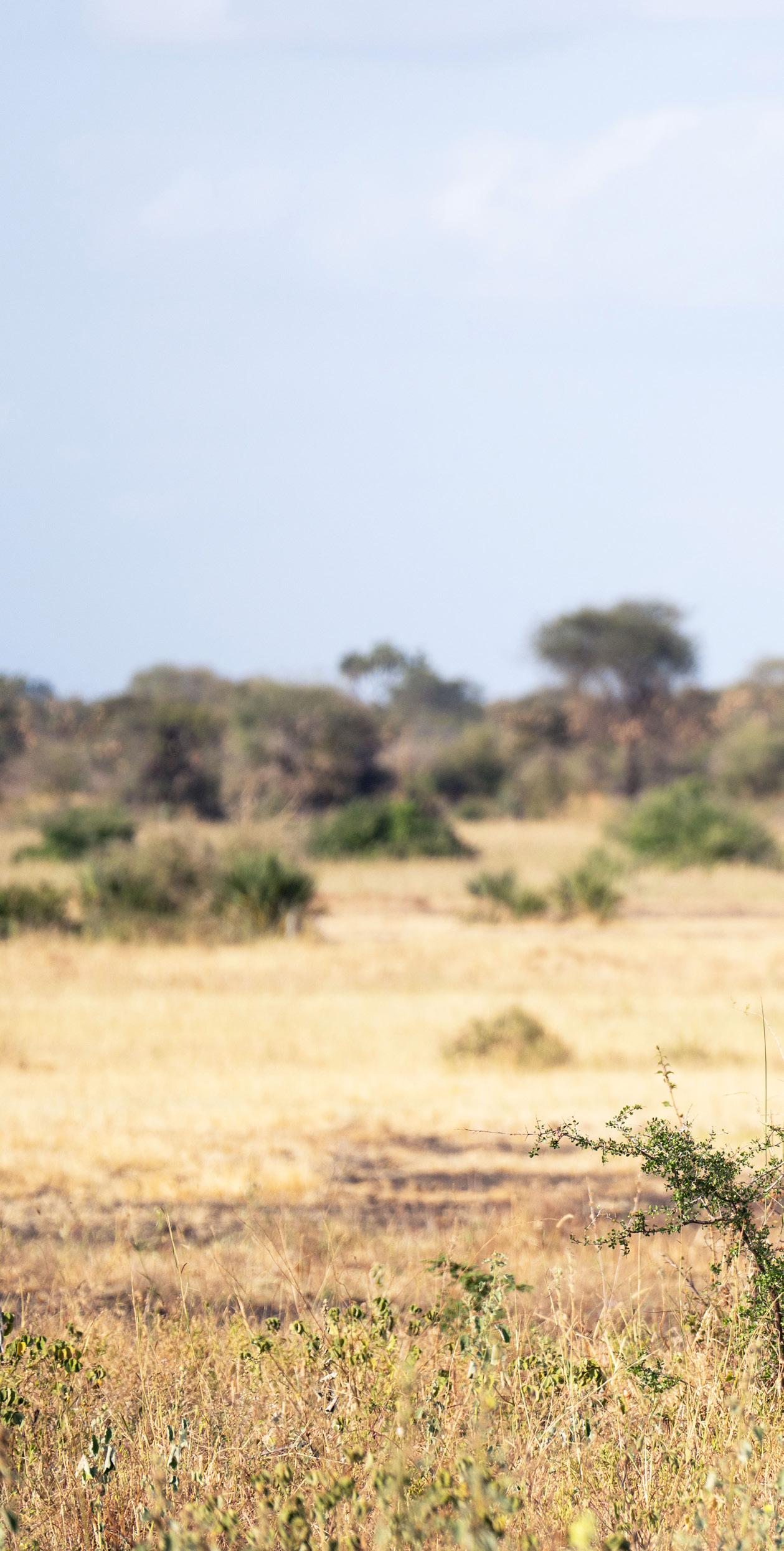
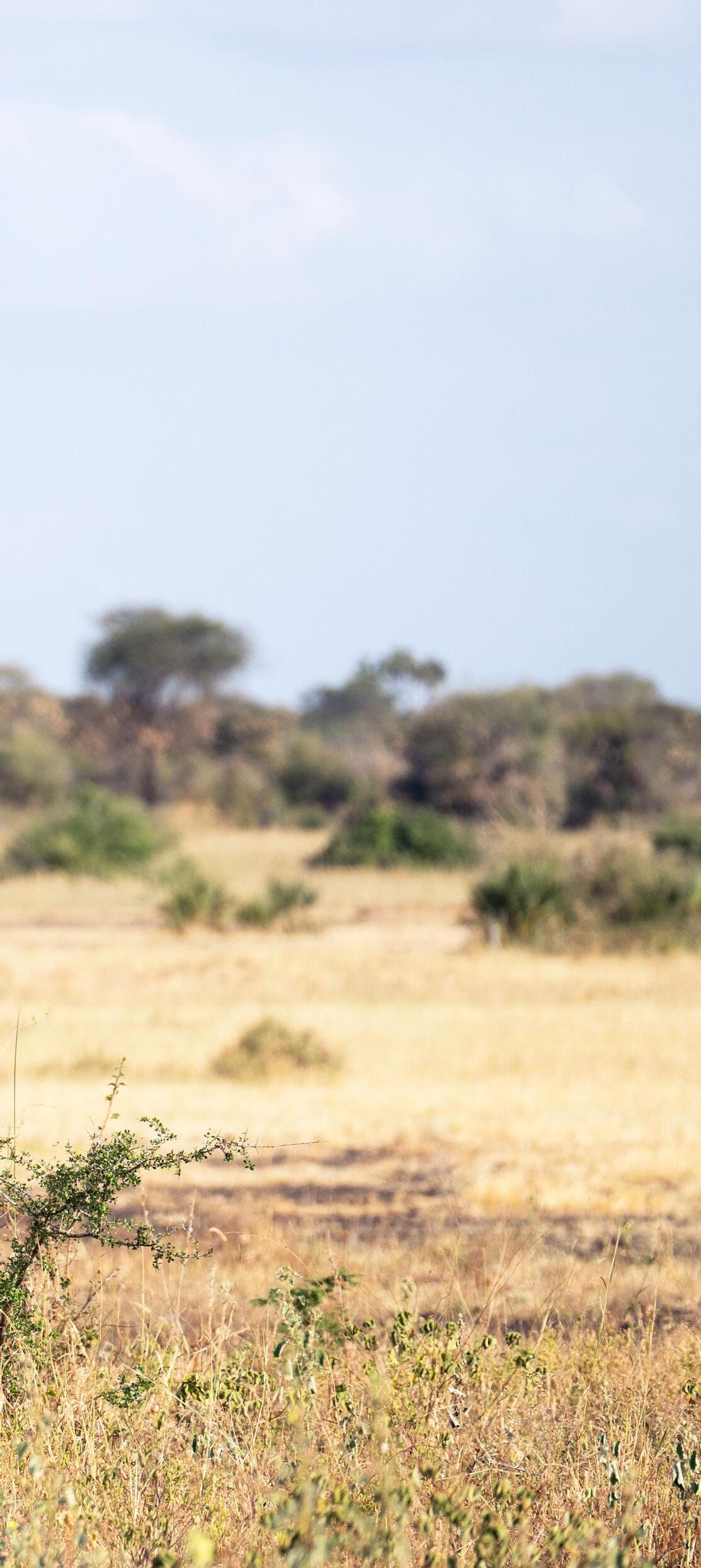
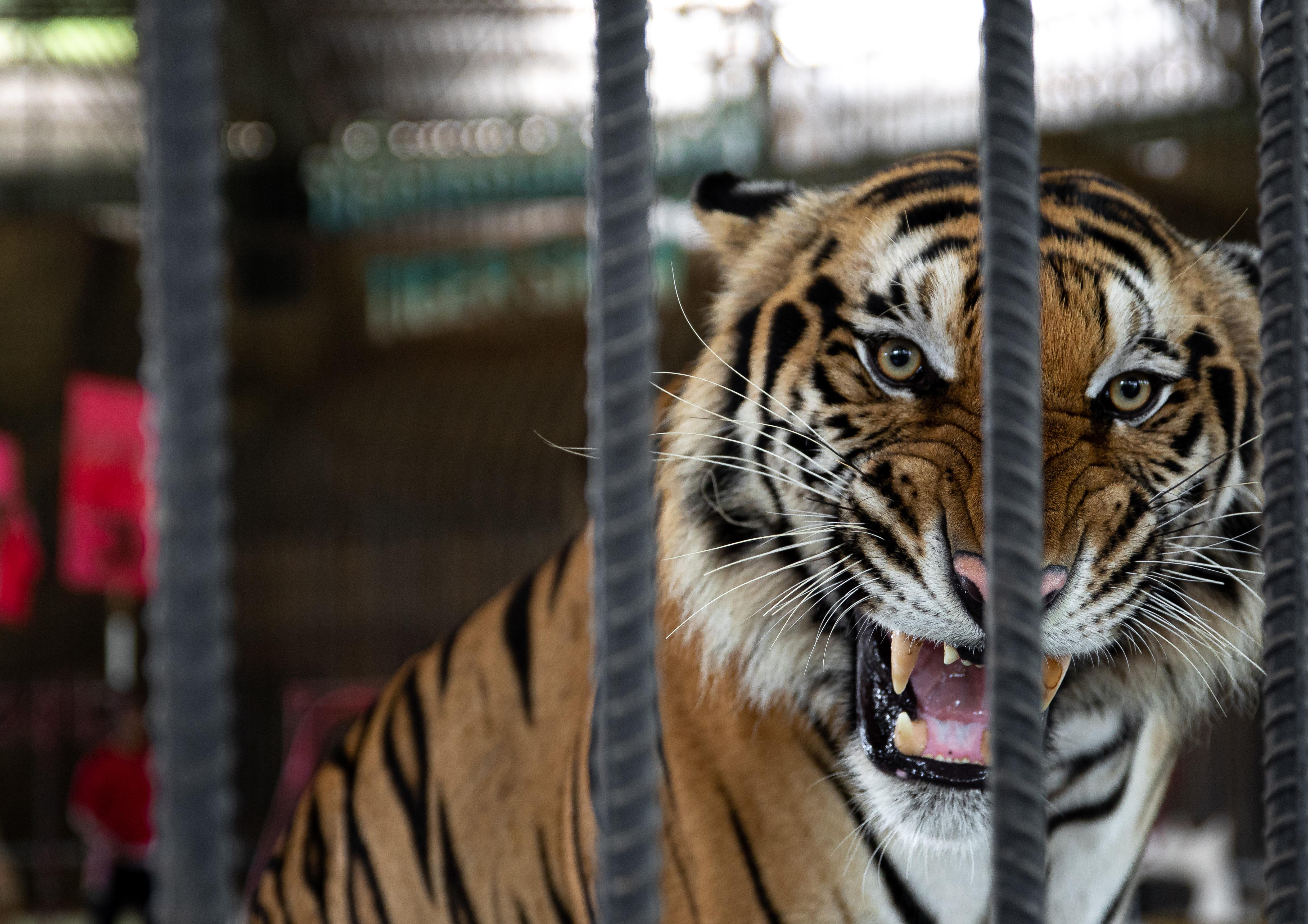
Too many wild animals still suffer, are exploited, or are killed to entertain people, for commercial gain, as status symbols, or for ‘fun’. We will continue to work to change attitudes and society’s view of what is acceptable in the 21st century, in the UK and elsewhere.
Our previous successes prove that change is possible and, while laws and policies have a big part to play – and we will continue to advocate for strengthened protections for wild animals – it is also vital that we act together and as individuals to accelerate change wherever we can.
By supporting anti-poaching patrols, we can reduce the killing of wild animals. Through working with communities to develop alternative sources of income and food, we can reduce the prevalence of subsistence wildlife hunting and trade.
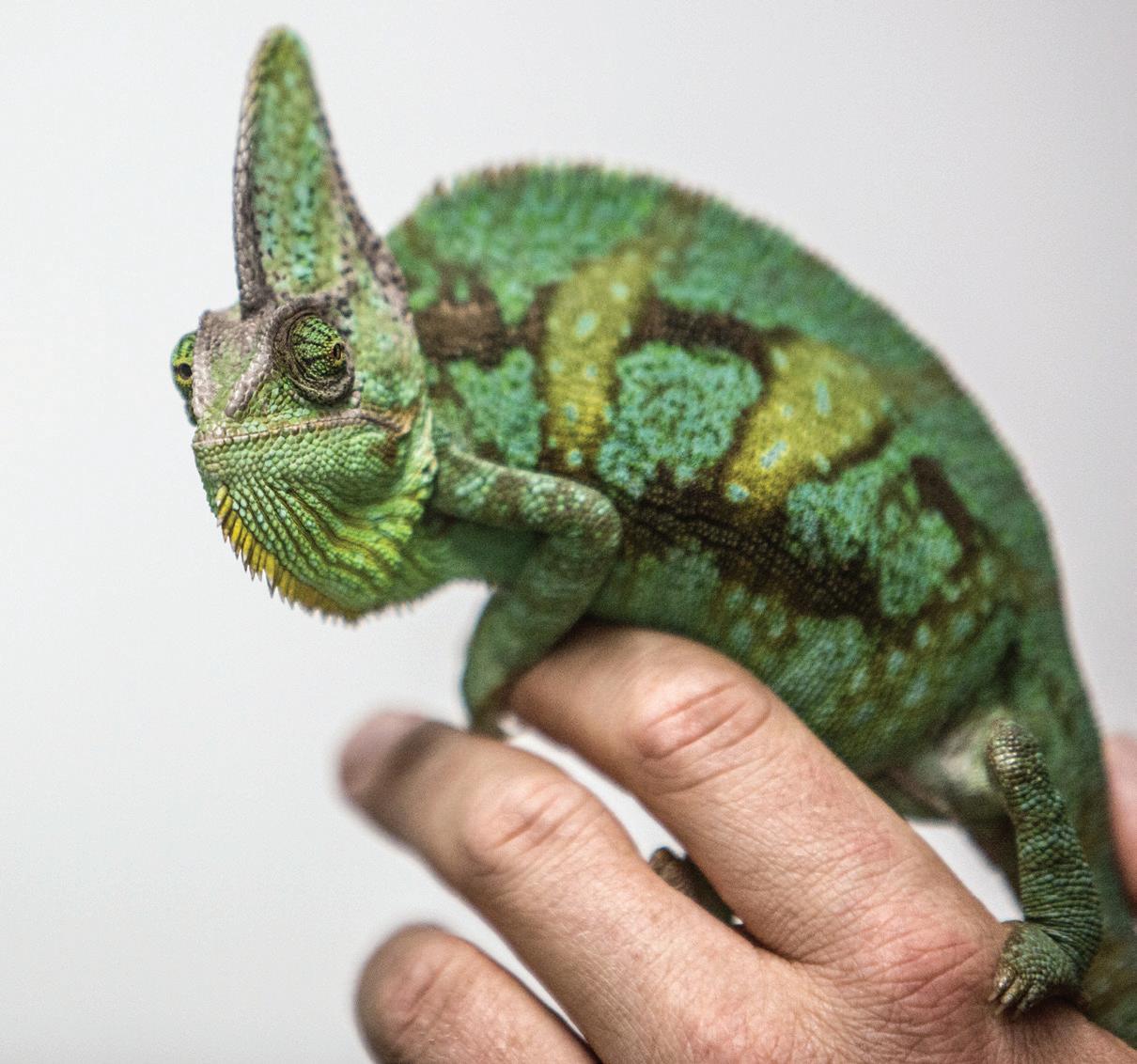
It is important that we work with people of all ages if change is to happen, including here in the UK, where our work with young people will focus on exposing the negative welfare impacts of captivity and challenging the ethics of captive wild animal exploitation, subjects currently missing from the curriculum. To reach more children we will equip their teachers to talk knowledgeably about wild animal captivity issues. In the longer term, we believe this will result in reducing the demand for, and acceptability of, the exploitation of wild animals for entertainment.
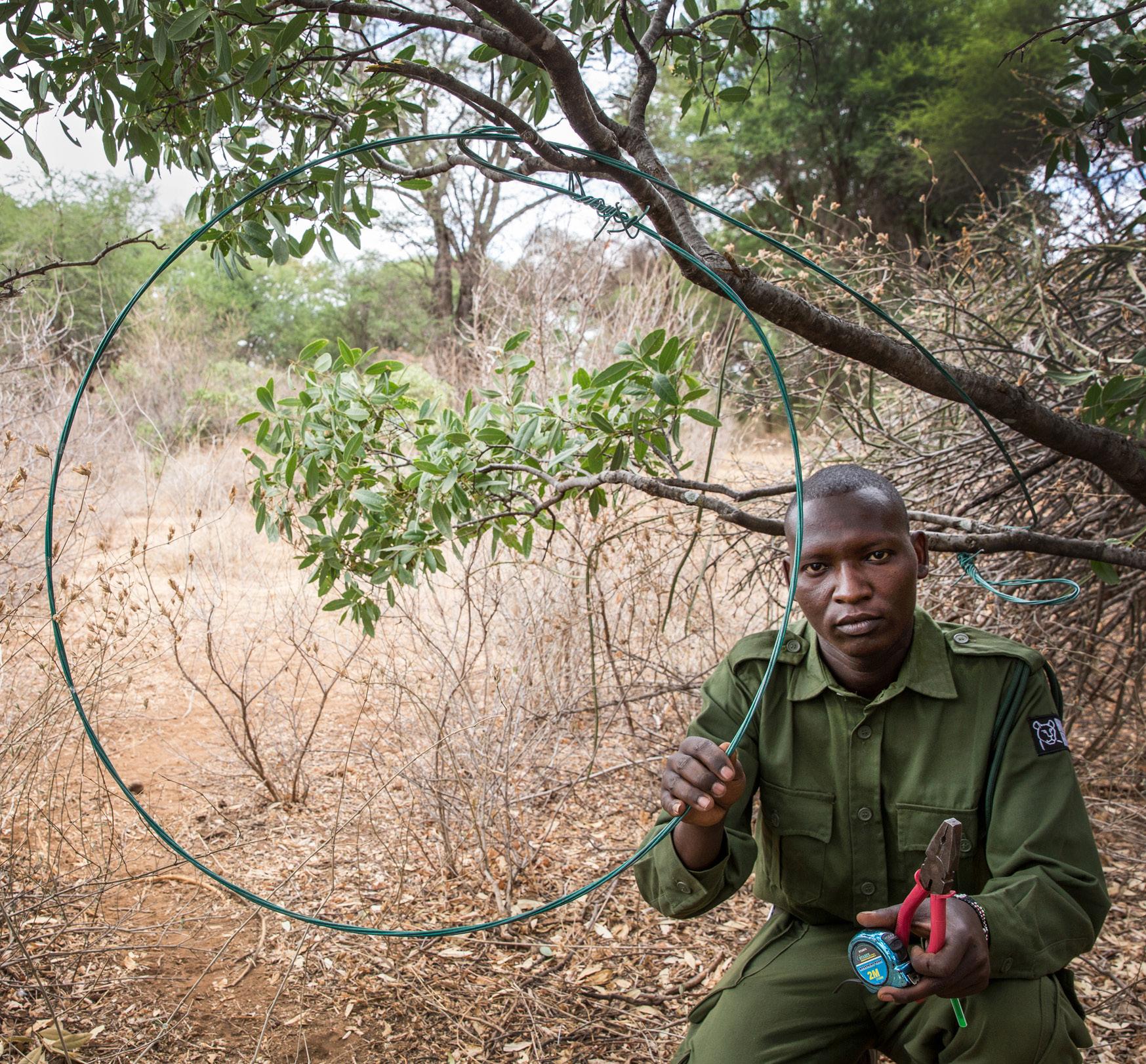
• Advocate for strengthened protections for wild animals affected by trade, and for improved measures to tackle wildlife crime.
• Advocate for the phasing-out of captive predator breeding and the lethal exploitation of wildlife in South Africa, with a strong focus on ensuring the welfare of the animals involved.
• Seek commitments from the UK and EU jurisdictions to review and reform zoo licensing and inspection processes.
• Call for a comprehensive review and revision of regulations permitting the trade in, and keeping of, exotic ‘pets’ in the UK and Europe.
• Work with communities to reduce the prevalence of and find alternatives to the hunting of wild animals for food and the wildlife trade.
• Build the capacity for critical thinking in UK schools around the negative welfare impacts and ethical acceptability of keeping wild animals in captivity.
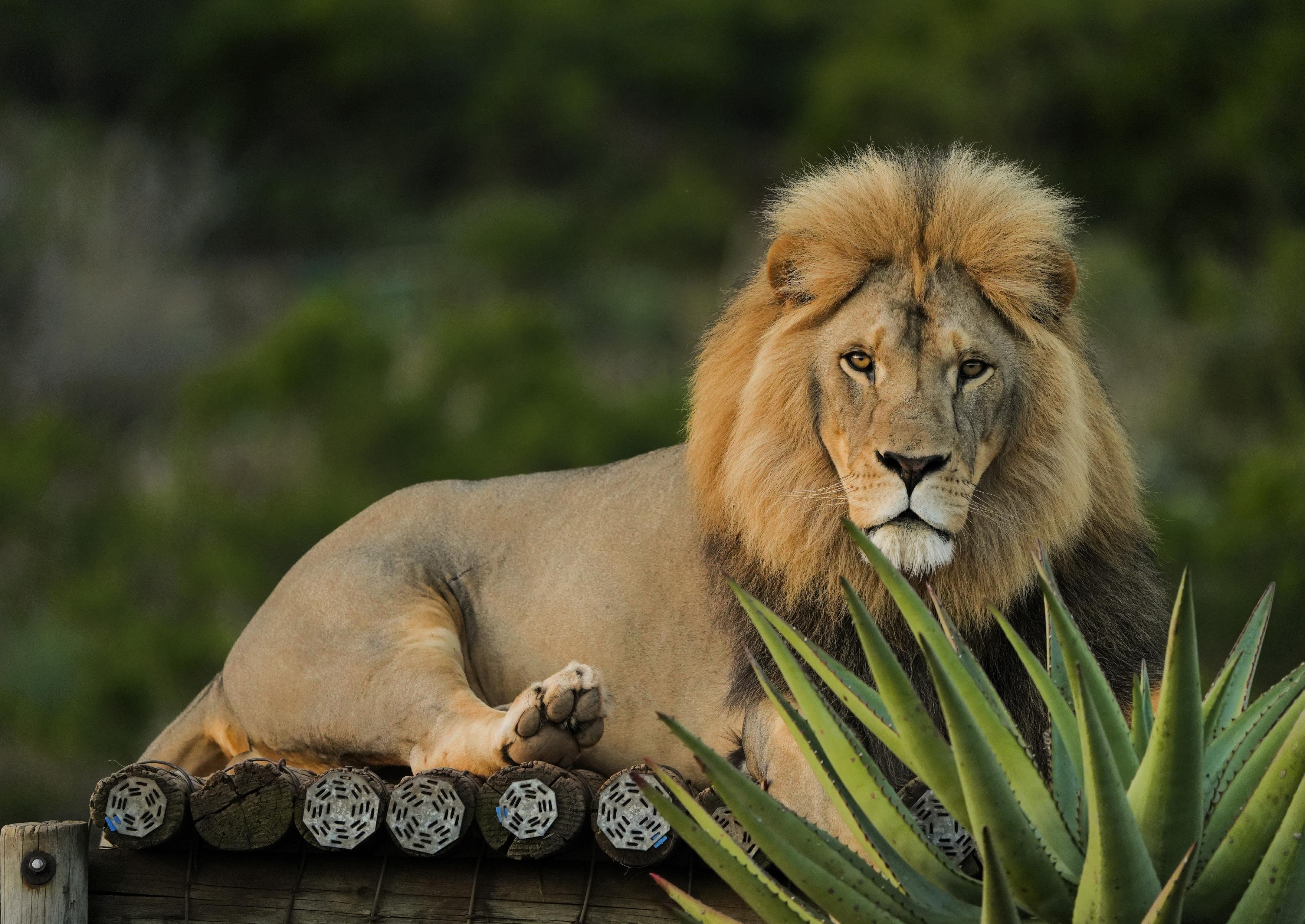
That every animal’s life matters is central to our beliefs and we will continue, where possible, to rescue vulnerable wild animals from appalling conditions where they have been confined, exploited or abused. This includes from zoos and circuses, where they are being bred and kept for hunting, or where they are captured from the wild for the exotic pet trade.
We will advocate for an end to these practices and aim to tackle the root causes of captive exploitation through our policy work, ultimately reducing the need to rescue wild animals. We will work with those authorities that have the power to seize animals that are being illegally traded and/or cruelly treated, and provide advice on the best way to care for such rescued animals.
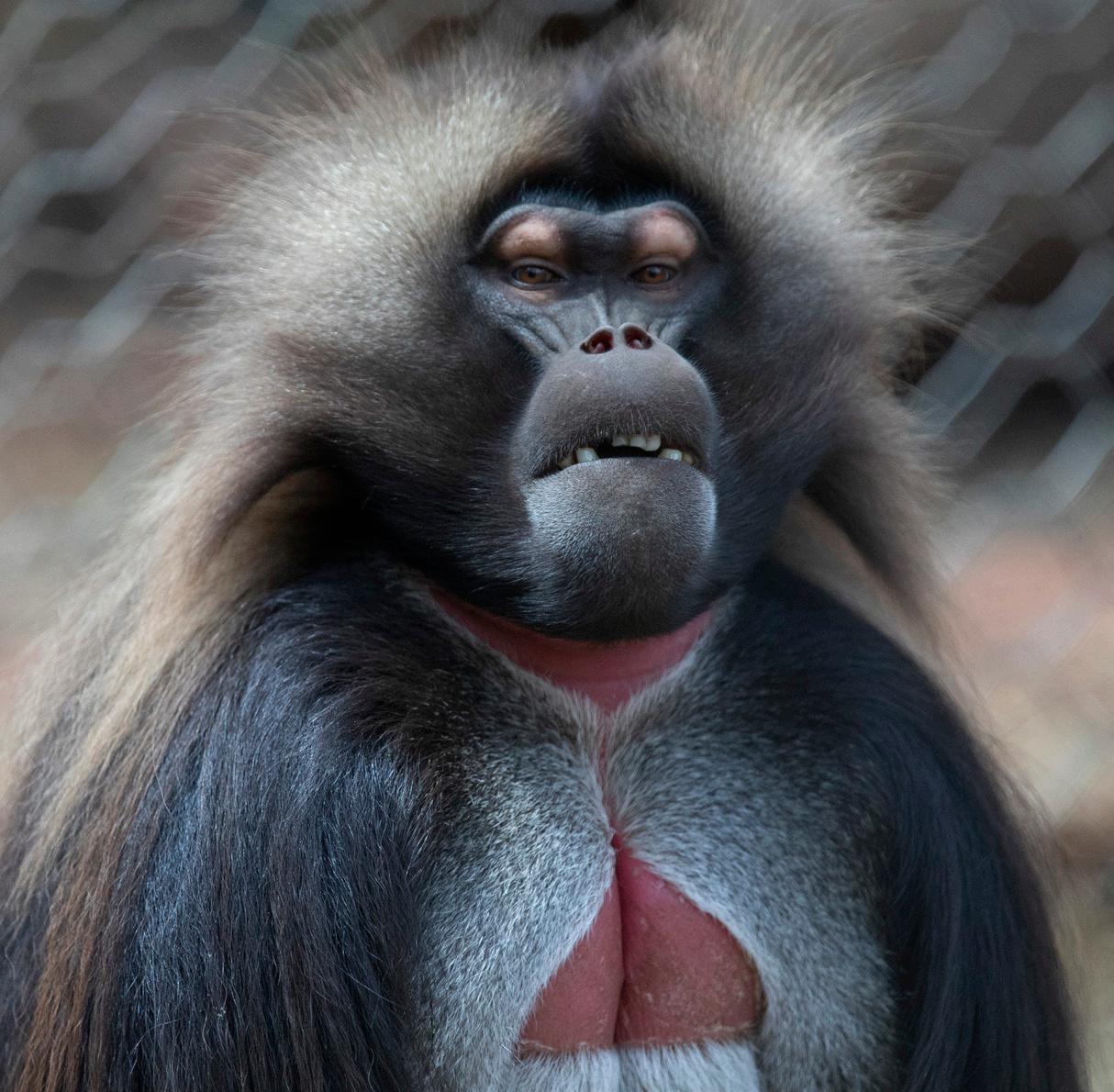
Through our wild animal rescue centres in Ethiopia, South Africa, and Born Free USA, and by continuing to support partner organisations that, like us, offer lifetime care in their sanctuaries, we will change individual lives for good. We will rehabilitate and care for animals we rescue and, whenever possible, release them back into the wild, though, sadly, many will have been too damaged by captivity for this to be a reality.
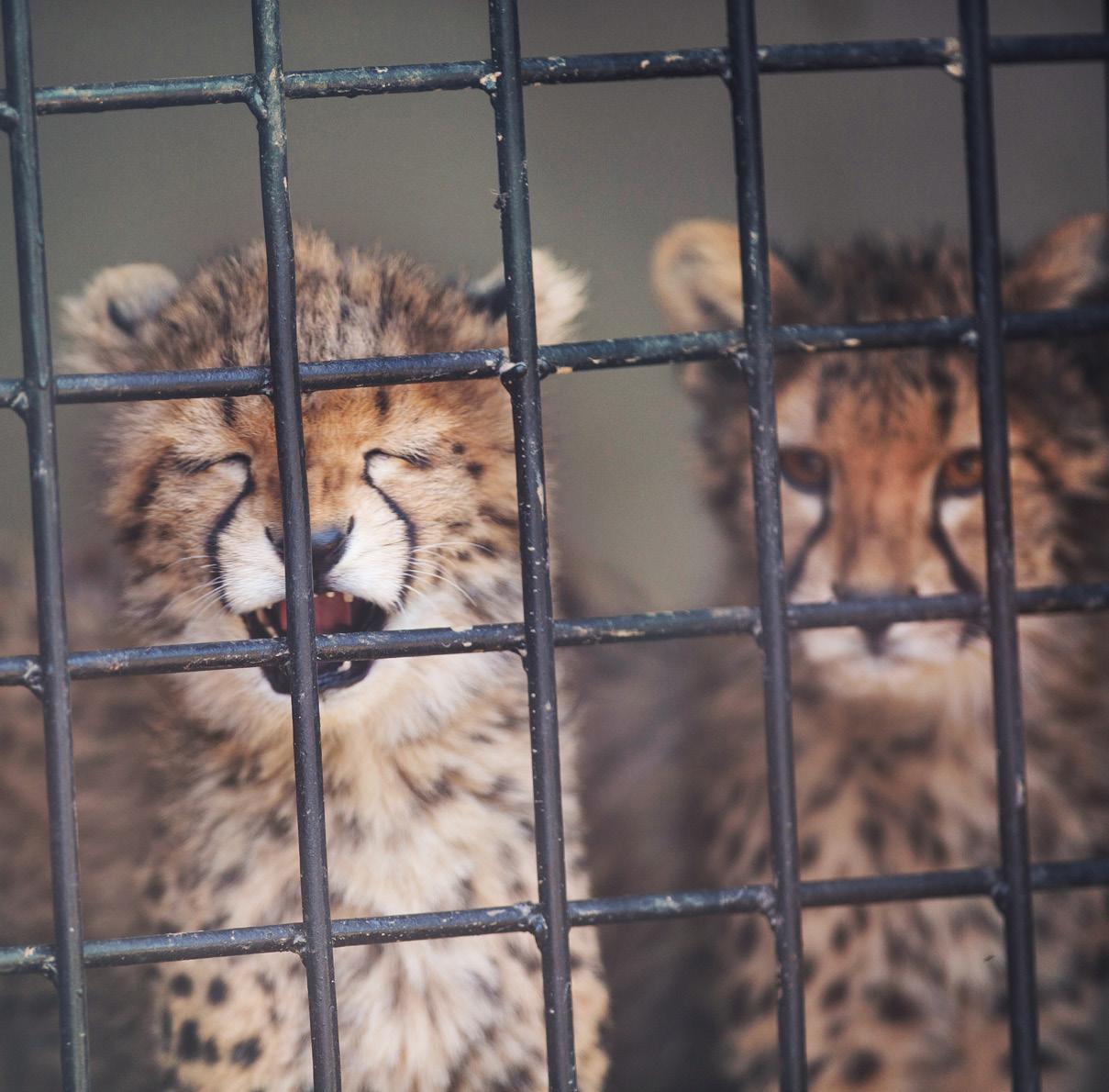
We will
• Provide lifetime care to the highest welfare standards for rescued non-releasable animals, at our own sanctuaries and via our partners.
• Provide resource support for partners’ rescue centres.
• Provide technical advice regarding rescue and rehabilitation, including management of the import/export/relocation process.
• Work with governments to enforce laws and prioritise the welfare of seized animals including, where possible, their rehabilitation and release into the wild.
Born Free’s wildlife sanctuaries
• Native wildlife rescue centre, Ensessa Kotteh, Ethiopia
• Big cat sanctuary, Shamwari, South Africa
• Primate sanctuary, Texas, USA (Born Free USA)
Born Free founding member
• Pangea, Europe’s new elephant sanctuary, Portugal
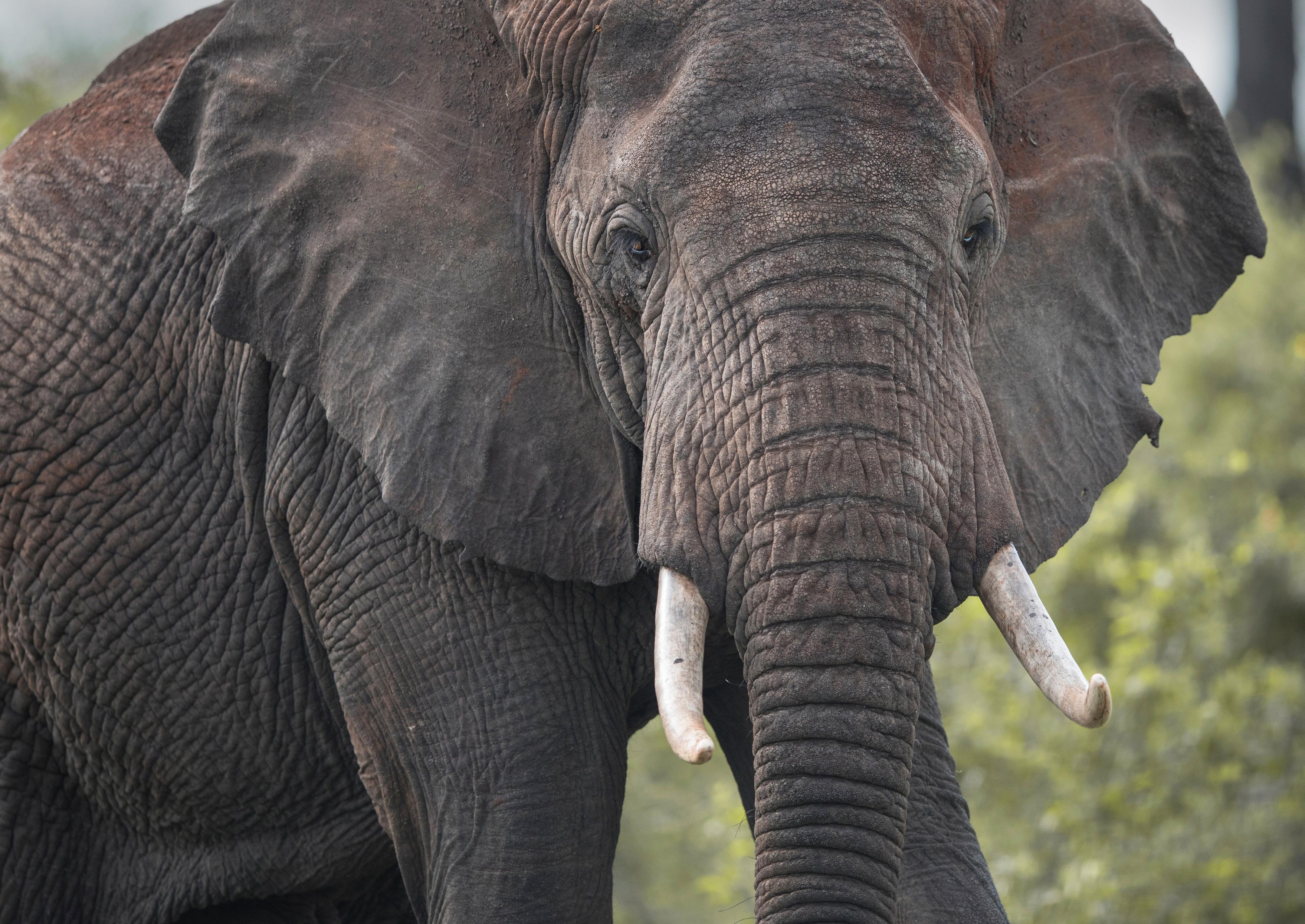
Policy is the driver of change, from the international wildlife trade to conservation, welfare regulation, and society’s attitudes to captivity, biodiversity loss, and climate change. By working in a multi-disciplinary way with diverse stakeholders, in collaboration with policymakers in government bodies, non-government organisations, and businesses, we can advocate for and influence laws and policies to help overcome the challenges wild animals face, both in captivity and in the wild.
Since its foundation, Born Free has effectively advocated for changes in the way society treats and regards wild animals, using our extensive knowledge and skills, and by joining forces with others who can help us to amplify our impact.
Wildlife knows no boundaries, but we will focus our policy and campaigning activities on the UK and the EU, and seek to develop our policy work in Africa. In alliance with
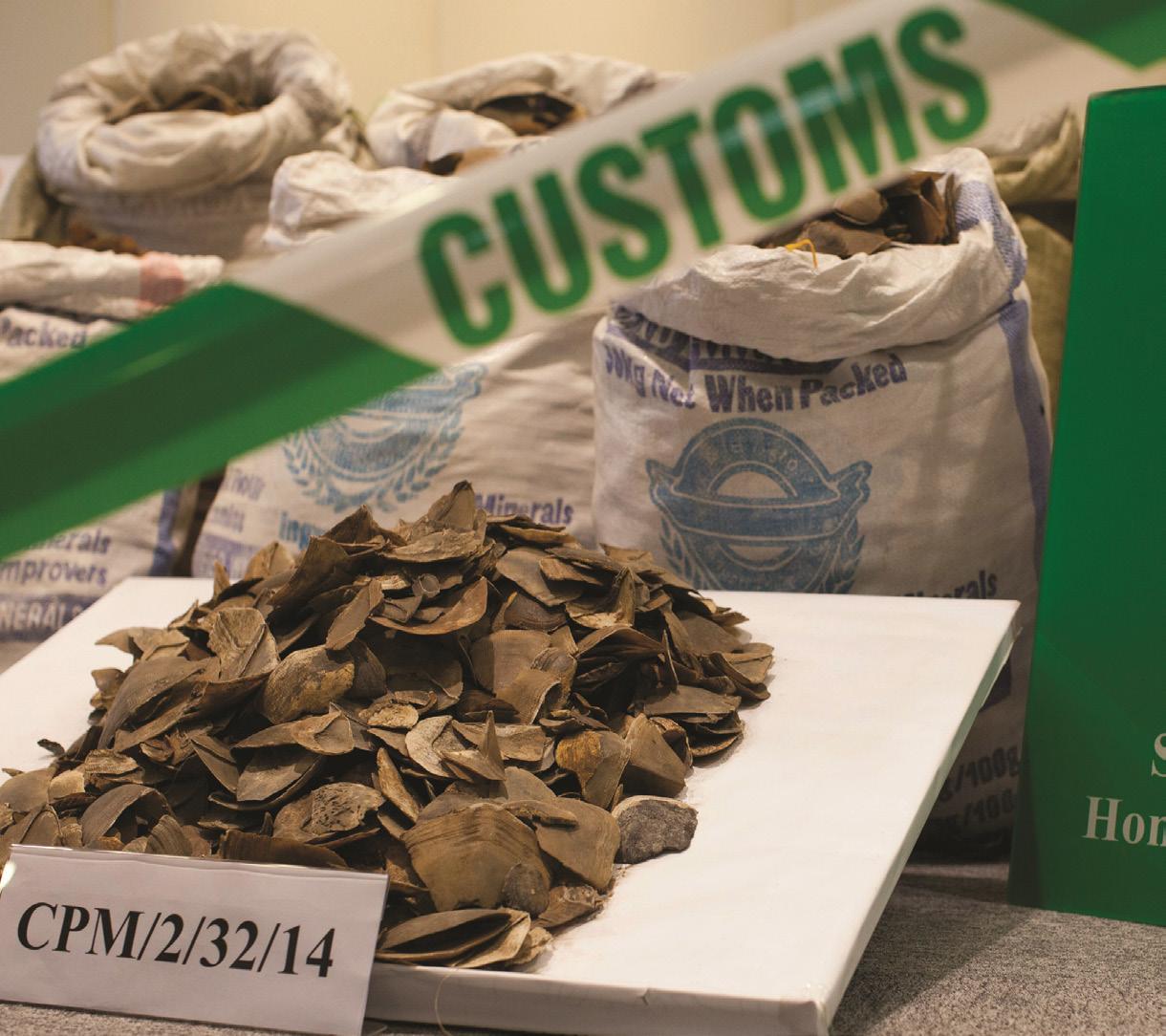
like-minded organisations, we will ensure our voice reaches legislators and policymakers around the world, to achieve more, faster.
Together, we can deliver our shared vision of a kinder, fairer society, which treats wild animals with compassion and respect.
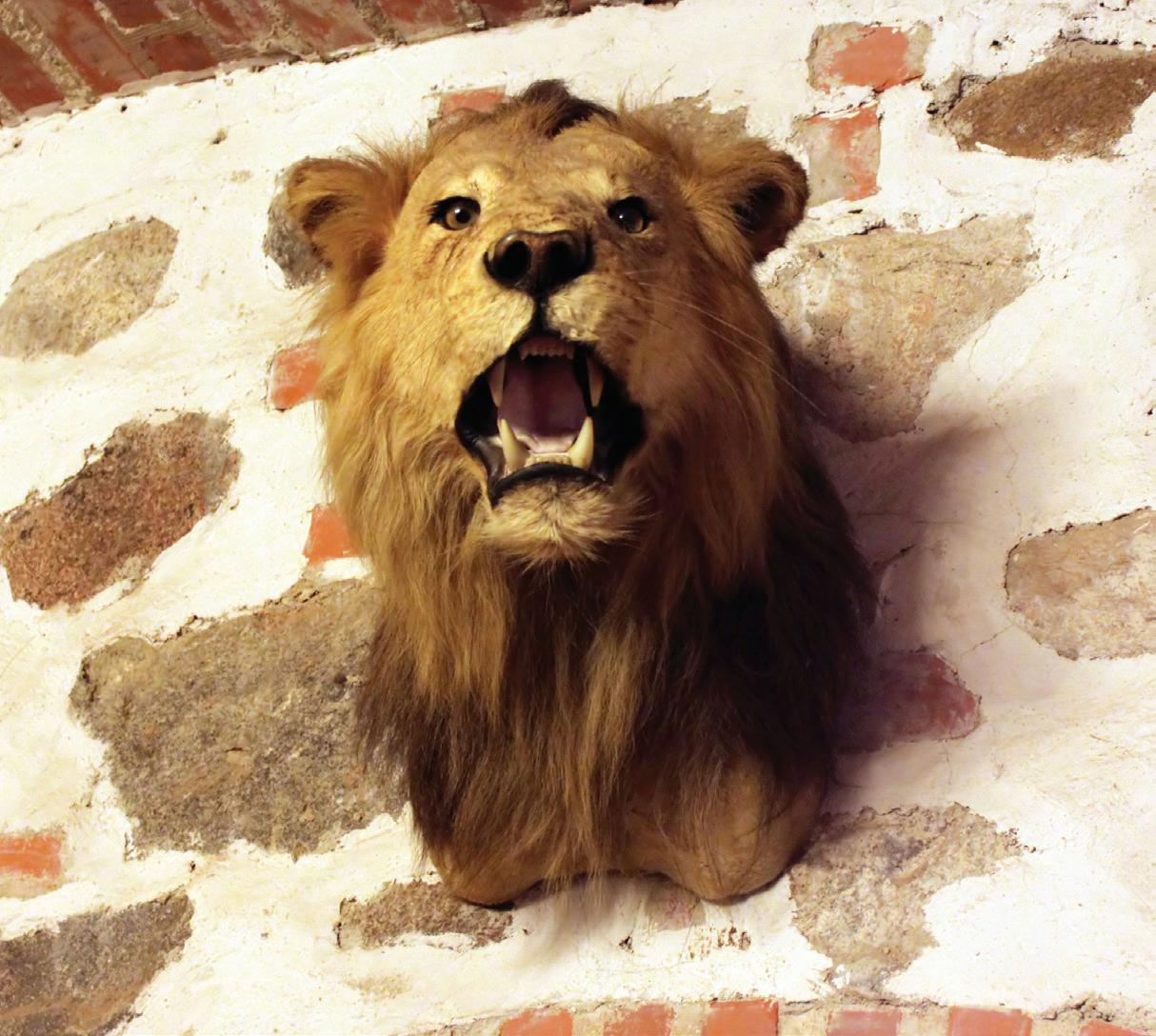
• Advocate for the robust implementation of the Global Biodiversity Framework and seek to hold signatory countries to account.
• Advocate at the national level for progressive legislation and policies that support wildlife conservation, habitat protection, and wild animal welfare.
• Collaborate with other stakeholders and build alliances with like-minded organisations to contribute effectively to nature-positive regional and national plans and strategies in the countries where we work.
• Provide advice and support for government ministries, agencies, and other bodies regarding new legislation, wildlife protocols, implementation, and operational bestpractice concerning wild animal welfare.
• Build law enforcement capacity in Ethiopia through the delivery of illegal wildlife trade workshops.
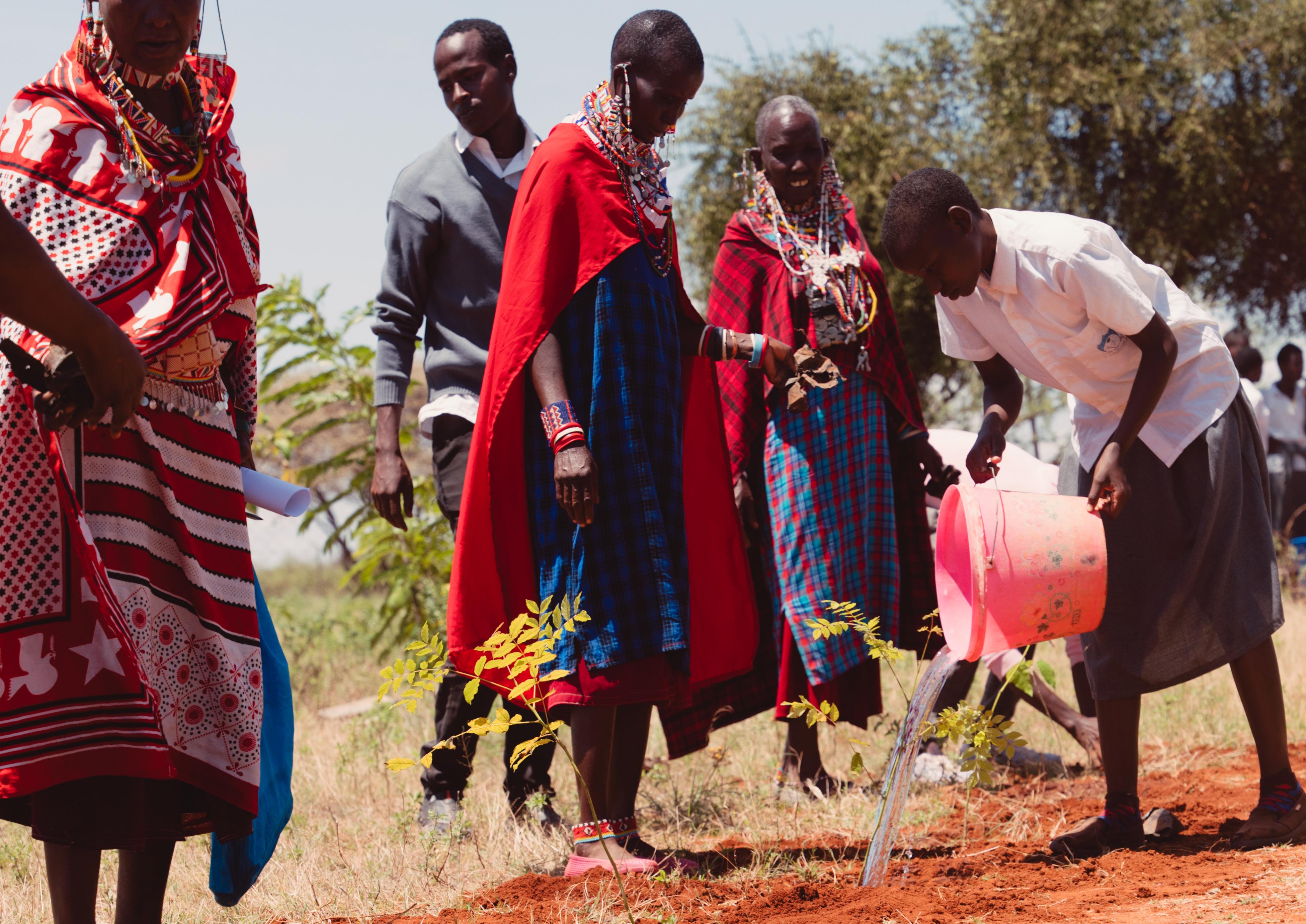
People are key to the future of wild animals. It is only by understanding nature and its relevance to our lives, and how the natural world is vital in providing the ecosystem services we all need, that we can protect and enhance biodiversity, support thriving wildlife populations, and positively change how people treat wild animals.
Growing human populations, changing land use, and the impact of climate change are reducing and fragmenting habitats, causing keystone species, like lions and elephants, to live in much closer proximity to people who depend on the same resources. We must work with and support communities to achieve successful and sustainable coexistence – local people living harmoniously alongside thriving wildlife populations.
Working with the communities who live with wildlife, Born Free aims to reduce conflict with wild animals, protect wildlife habitats and populations, support sustainable livelihoods, and encourage ongoing human-wildlife coexistence.
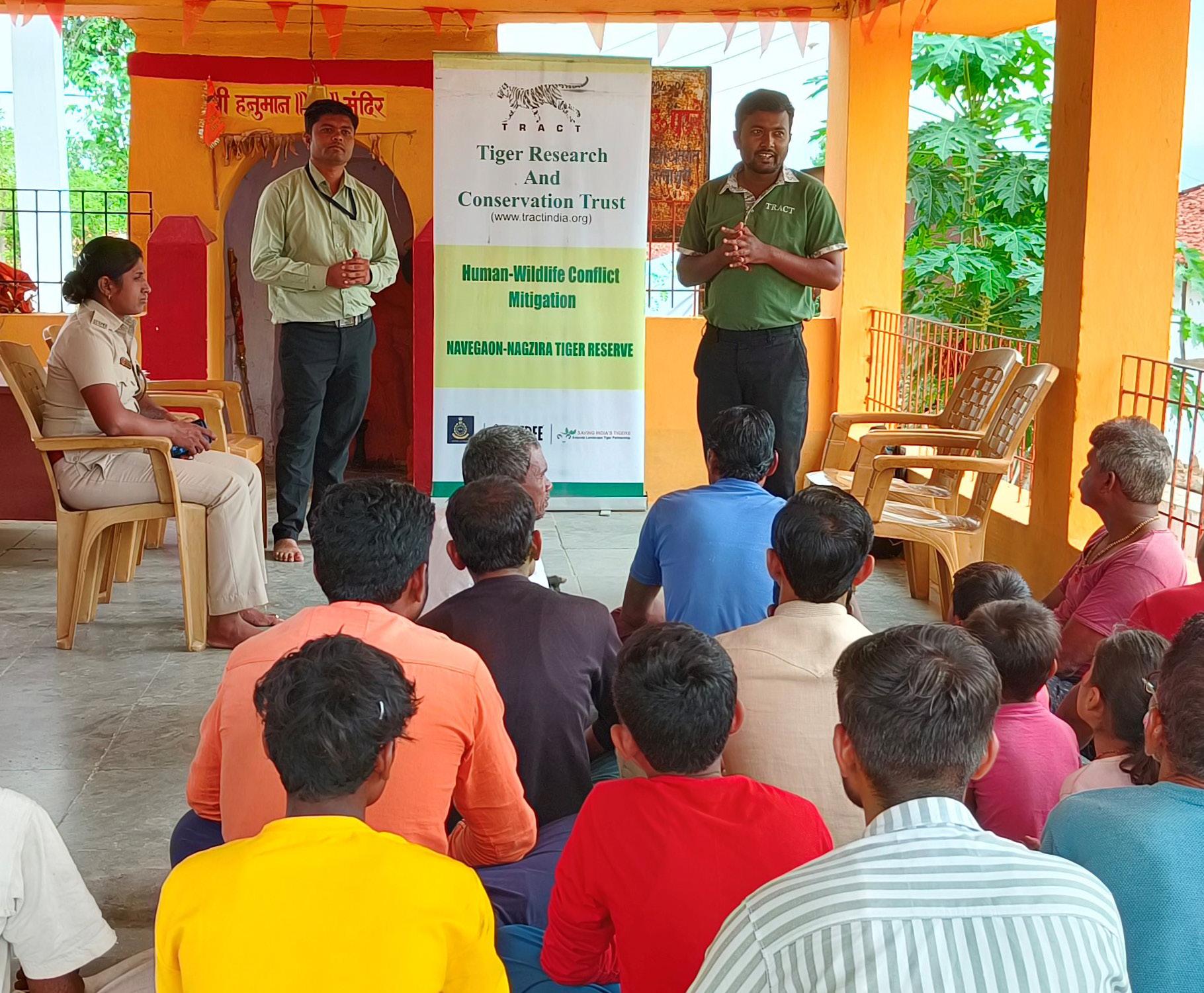
• Kenya - Meru National Park, Kora National Park and MCA, and the Amboseli Ecosystem
• India - Satpuda Landscape, Central India
• Cameroon – Dja Biosphere Reserve

• Provide and build capacity for communitybased human/wildlife conflict mitigation and reduction initiatives that encourage coexistence with wildlife, including alternative income generation and sustainable resource use.
• Deliver workshops and training designed to equip and empower people with the skills and knowledge to protect, restore, and secure wildlife and habitats.
• Work with others, including teachers, researchers, veterinary clinics, and local organisations, to help them address issues such as coexistence, biodiversity and ecosystems services protection, and sustainability.
• Involve, equip and inspire future generations to care about wildlife and the environment through our conservation clubs that run in schools throughout the year.
• Monitor populations of key species and share data with partner organisations to increase our combined knowledge and assess the impact of conservation initiatives.
• Develop partnerships and bring together organisations where this will have a greater positive impact for wildlife.
• Explore the feasibility of extending our conservation programme in Meru, Kenya, into adjoining Kora National Park and the wider Meru Conservation Area (MCA).
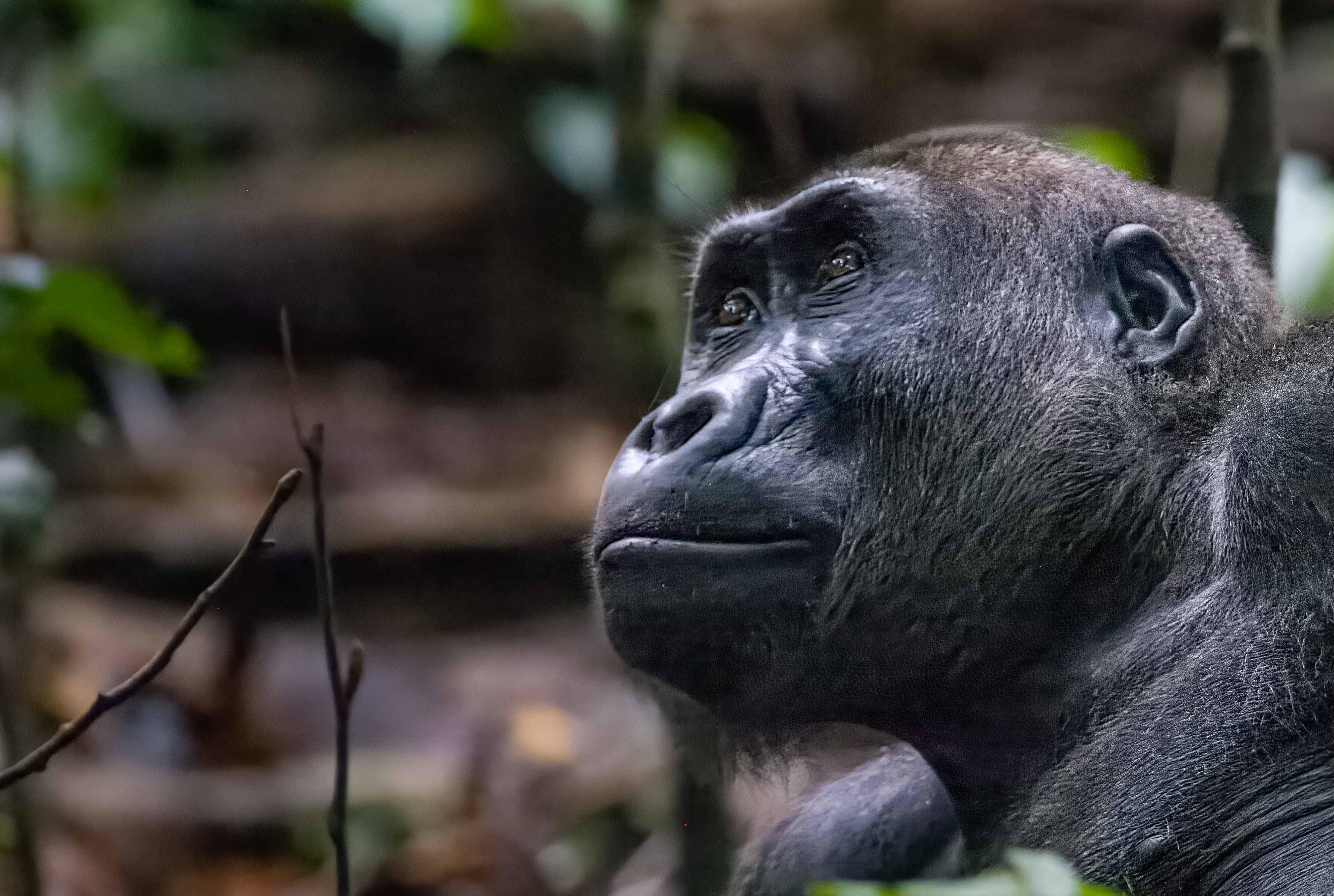
We will focus our work on six primary ‘species’ and groupings of wild animals –big cats, elephants, giraffe, rhinos, great apes and pangolins. In doing this, we believe we can have the greatest impact for these animals, many of which are now threatened and declining in the wild.
These are, in many cases, keystone species whose presence is vital to the health of the ecosystems in which they exist. Their futures will affect the future of many others – animals and plants that are vital for biodiversity and, ultimately, our future too.
Our holistic approach recognises that these animals face many different threats – from captivity, as exotic pets, in zoos, and for entertainment, through to poaching and illegal trade, and as a result of habitat loss and fragmentation.
Born Free’s multi-disciplinary strategy, built on years of experience, offers viable solutions to the complex challenges faced by our increasingly threatened natural world.
We will continue to be bold as we strive to keep wild animals in the wild. We will remain an authentic, trusted voice which fearlessly stands up and speaks out for nature.
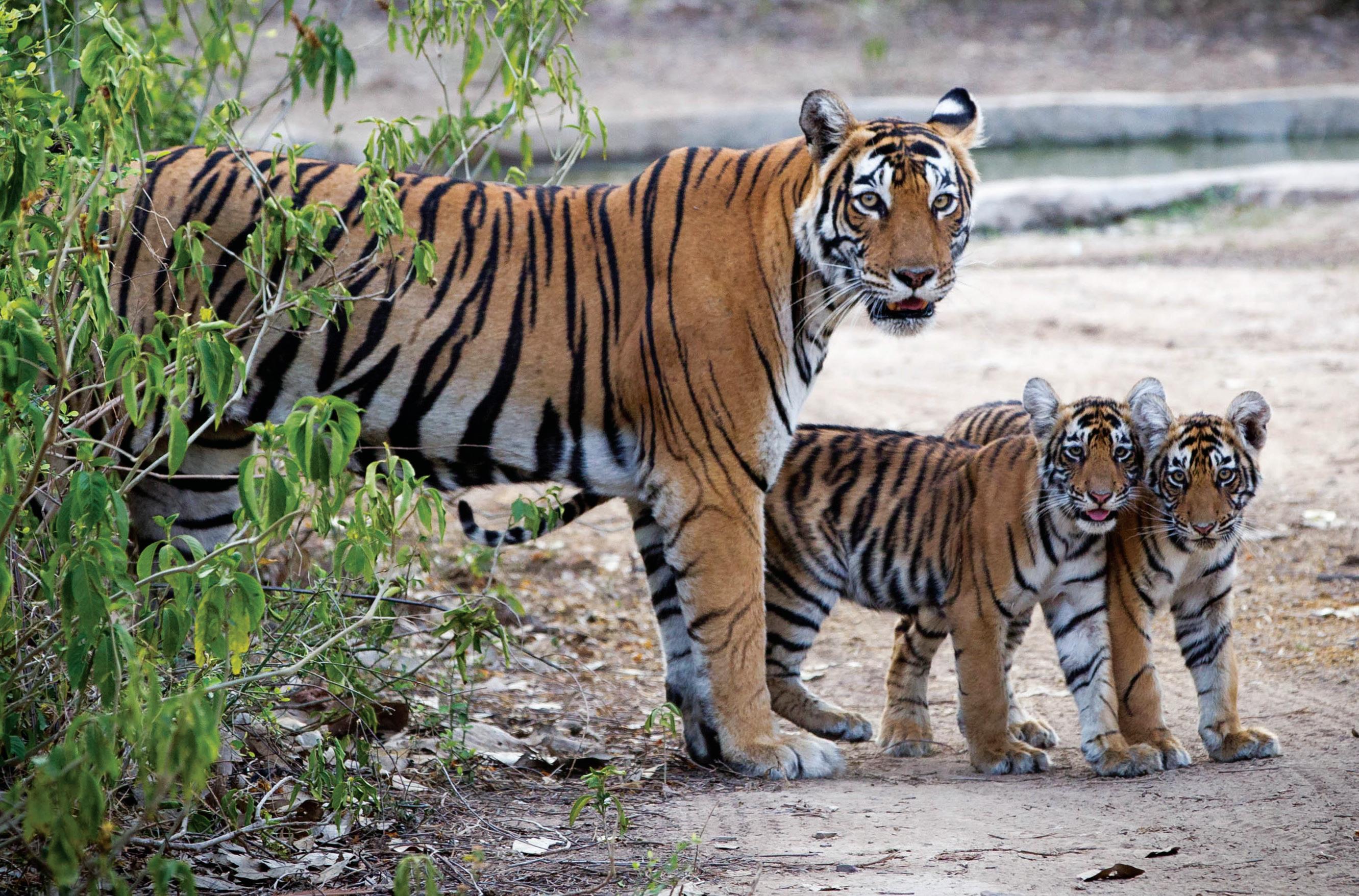
• Campaign to end captive big cat exploitation in zoos and circuses, and the exotic pet trade.
• Rescue animals from captivity or confiscated from illegal trade, and provide lifetime care in world-class sanctuaries, including our own in South Africa and Ethiopia.
• Campaign to end trophy hunting and big cat-related trade, including live cheetah cubs and lion bones.
• Undertake long-term monitoring and conservation in the wild, including lions in Meru, Kenya.
• Develop sustainable and effective ways to reduce conflict between predators and communities.
• Support landscape-scale conservation of tigers in India through our partnership with local organisations.
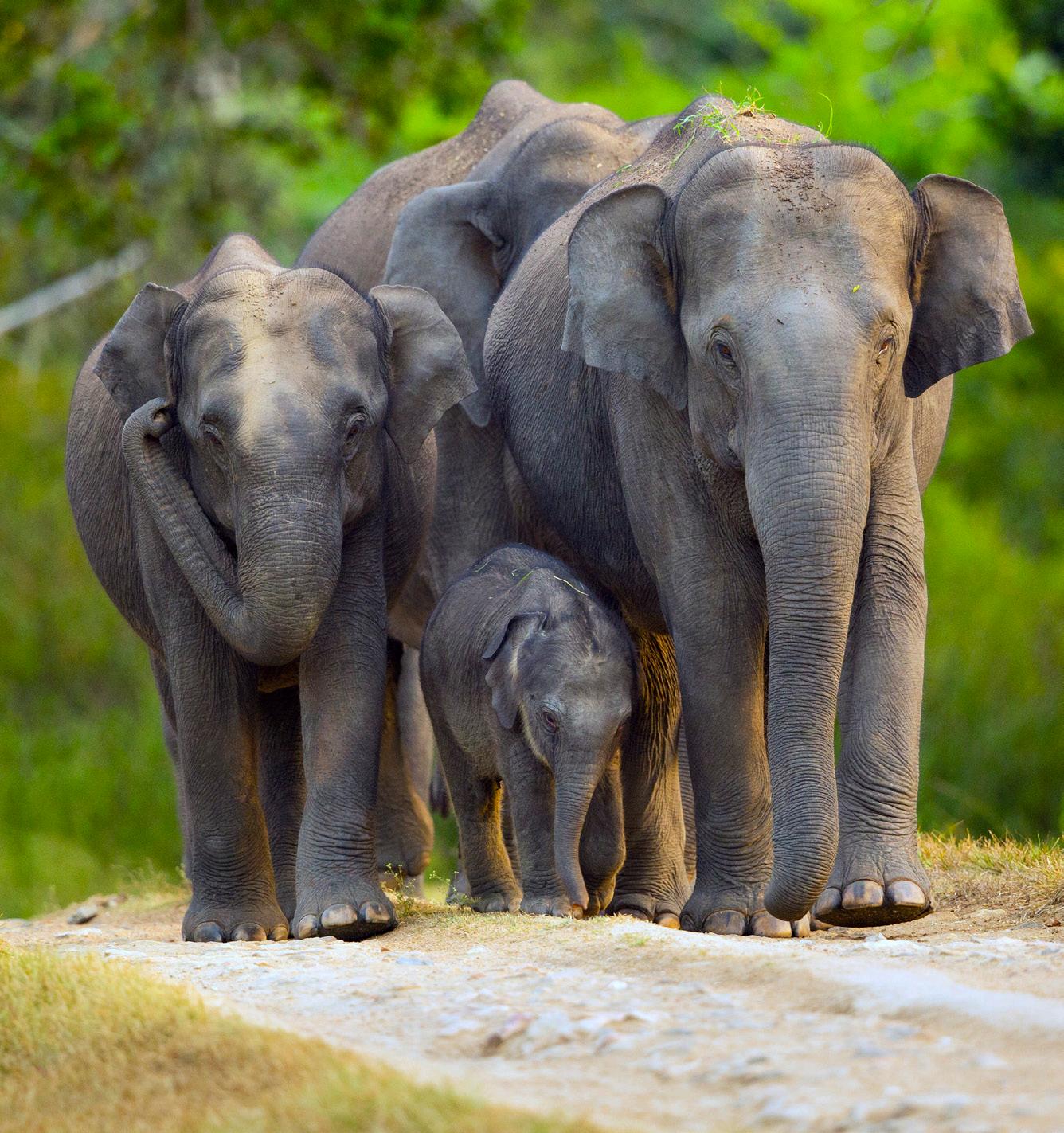
• Campaign to end captive exploitation in zoos and circuses.
• Support the creation of the first large-scale elephant sanctuary in Europe, Pangea.
• Fight the brutal trade in ivory and wild-caught calves.
• Support and undertake long-term monitoring and conservation in the wild.
• Develop, implement and share innovative ways to reduce conflict between elephants and people.
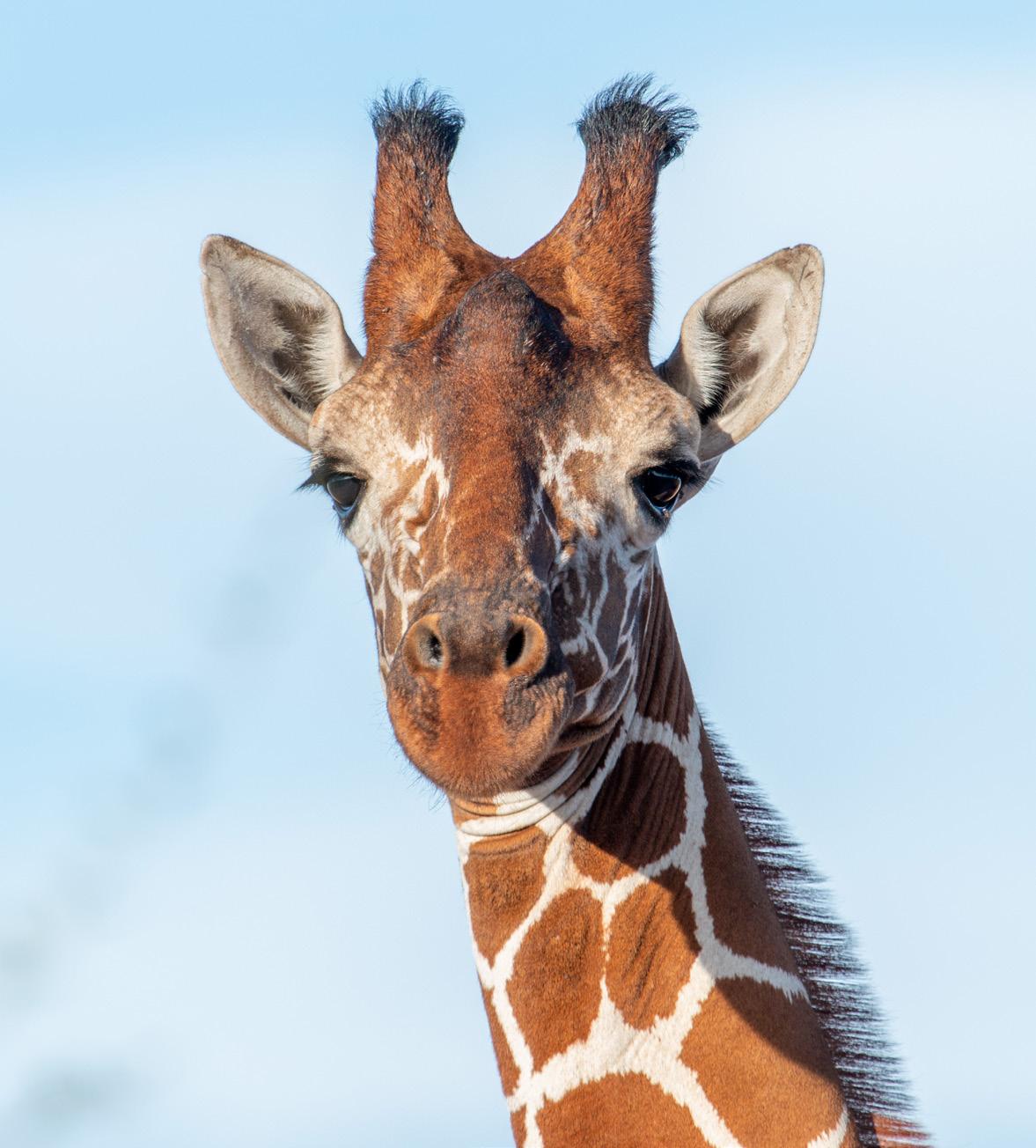
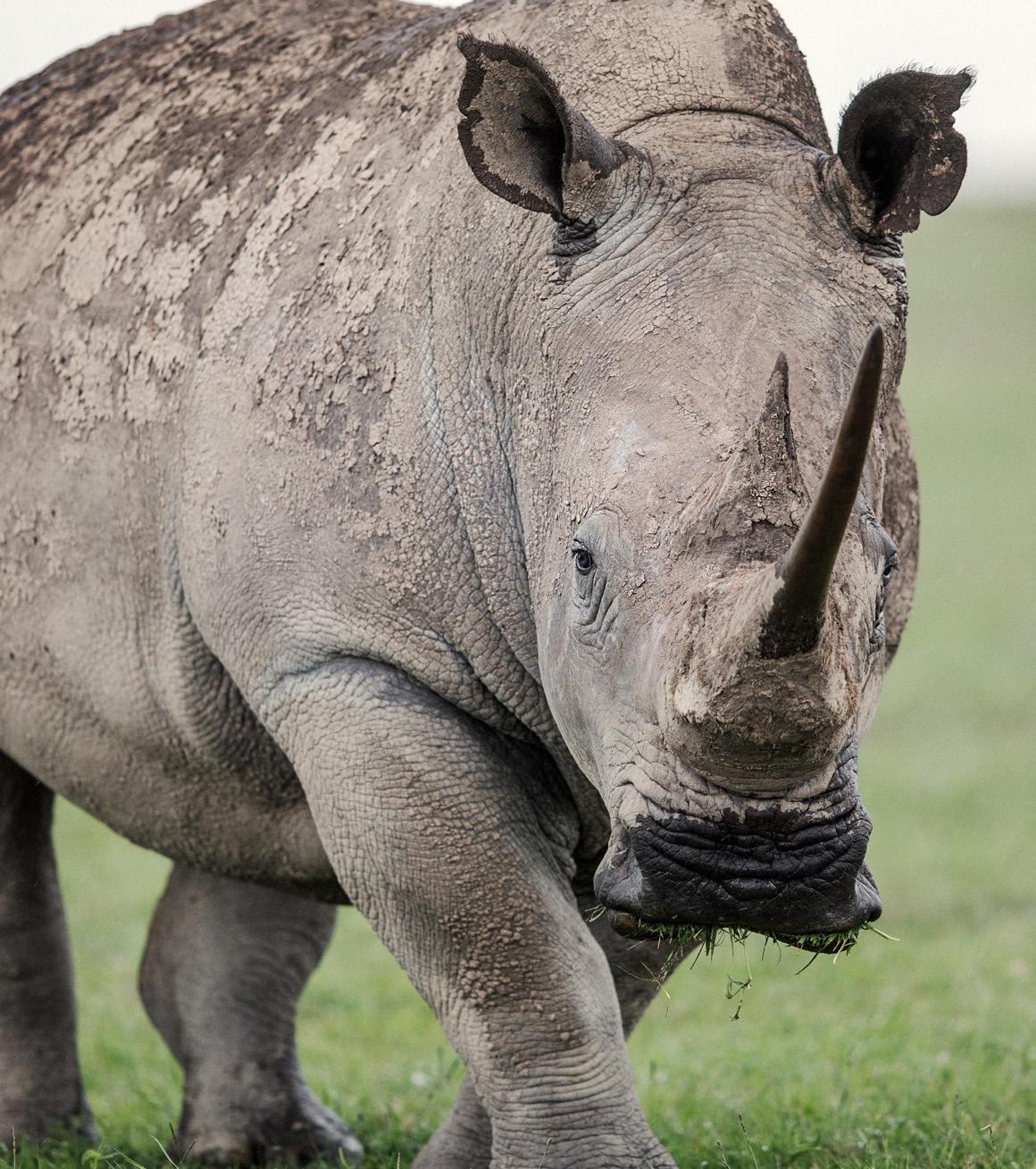
• Campaign to end captive exploitation in zoos and circuses.
• Campaign to end trophy hunting and trade in giraffe parts.
• Undertake long-term monitoring and conservation in the wild.
• Protect giraffe from snares, poaching, and the bushmeat trade.
• Promote peaceful coexistence with people.
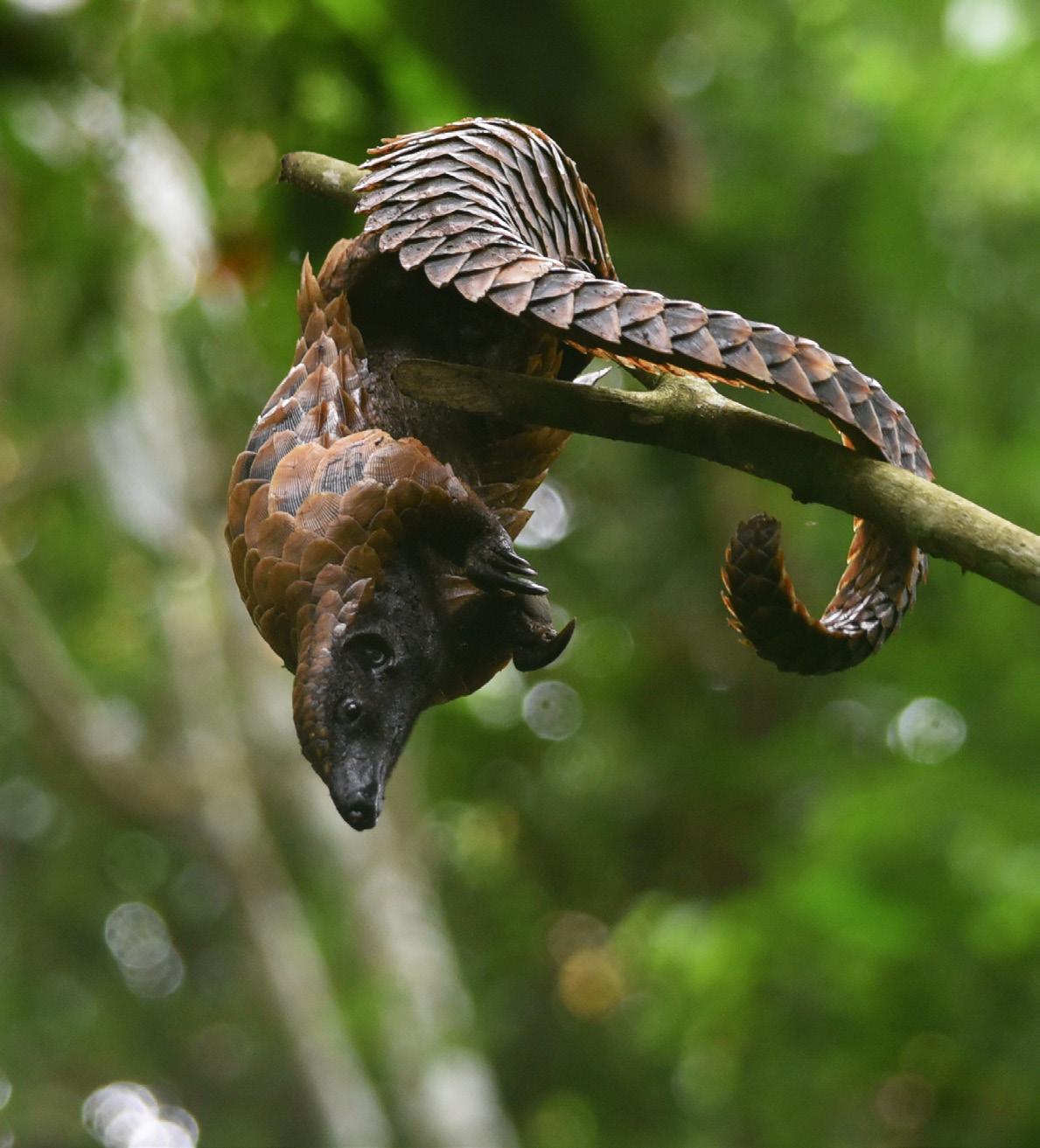
• Campaign to end captive exploitation in zoos and circuses.
• Help protect critical populations of African rhinos.
• Provide equipment and direct support to keep rhinos safe from poaching in Kenya‘s Meru Rhino Sanctuary, home to endangered black and white rhinos.
• Undertake anti-poaching patrols, removing snares, in partnership with the Kenya Wildlife Service.
• Campaign against the trade in rhino horn and live animals.

• Campaign to end the illegal trade in pangolin scales and meat, and fight pangolin-related wildlife crime.
• Help rescue and care for pangolin orphans confiscated from illegal trade.
• Support the rehabilitation of orphan pangolins back to the wild and monitor once released.
• Support habitat conservation in Africa and Asia, home to important pangolin populations.
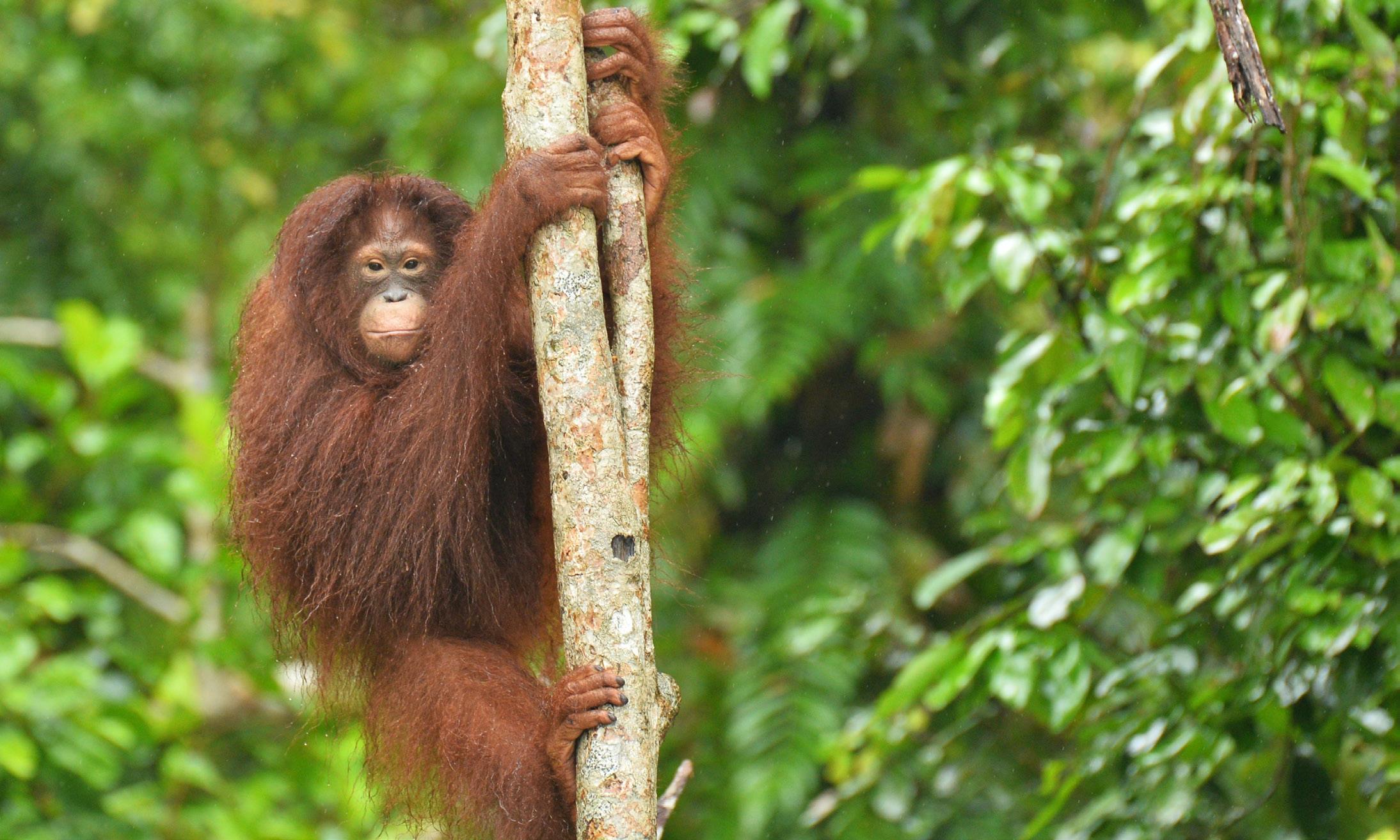
• Campaign to end captive exploitation in zoos and circuses.
• Campaign against the illegal trade in ape bushmeat and live infants.
• Support and undertake long-term monitoring and conservation in the wild.
• Support the rescue and long-term care of orphan chimps and gorillas in world-class sanctuaries.
• Support the rescue and rehabilitation to the wild of orphan monkeys and orangutans.
• Support Born Free USA’s work rescuing and caring for primates, many rescued from abuse in roadside zoos, as pets in private homes, or retired from animal experimentation.
• Support ape conservation, not least rare western lowland gorillas in Cameroon.

We will focus our work on six primary ‘species’ and groupings of wild animals – big cats, elephants, giraffe, rhinos, great apes and pangolins.

Born Free is an international wildlife charity. Most of our work takes place, and most of our staff are located, outside of the UK. We also fund and work closely with many other organisations around the world to achieve our goals.
Our partners - large and small - all contribute to keeping wild animals in the wild, and many of whom we have worked with for decades. Over the next five years, we will be looking to consolidate or expand partnerships to achieve more for wild animals in the landscapes in which we work.
Our primary programmes take place in six countries, including the UK:
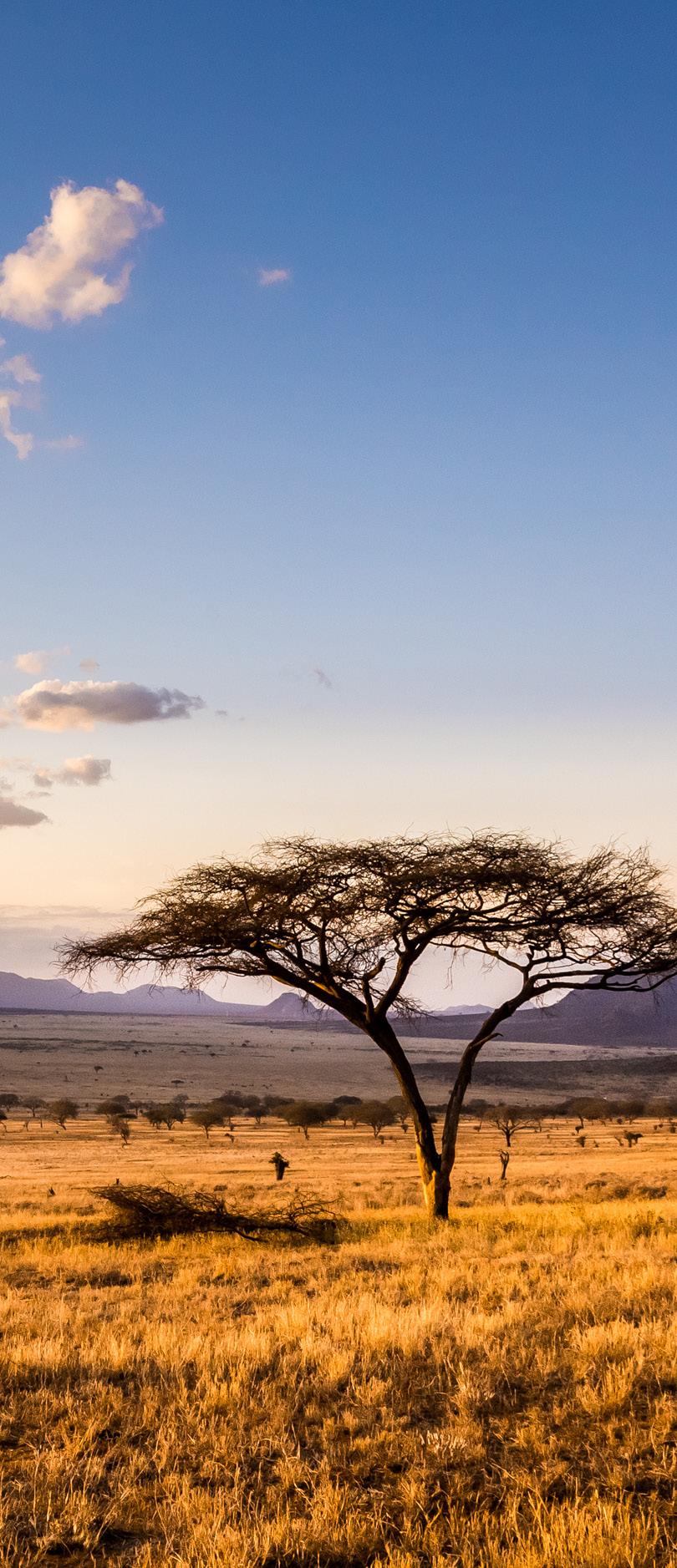
We also fund and work closely with many other organisations around the world to achieve our goals.
At the heart of our charity are strong, shared values that guide all our actions.
Honesty based on strong moral principles.
A group of people collaborating to achieve common goals.
Friendly, compassionate, generous, and considerate.
Undeterred by difficult challenges. Determined to succeed against the odds.
A shared ambition to keep wild animals in the wild.
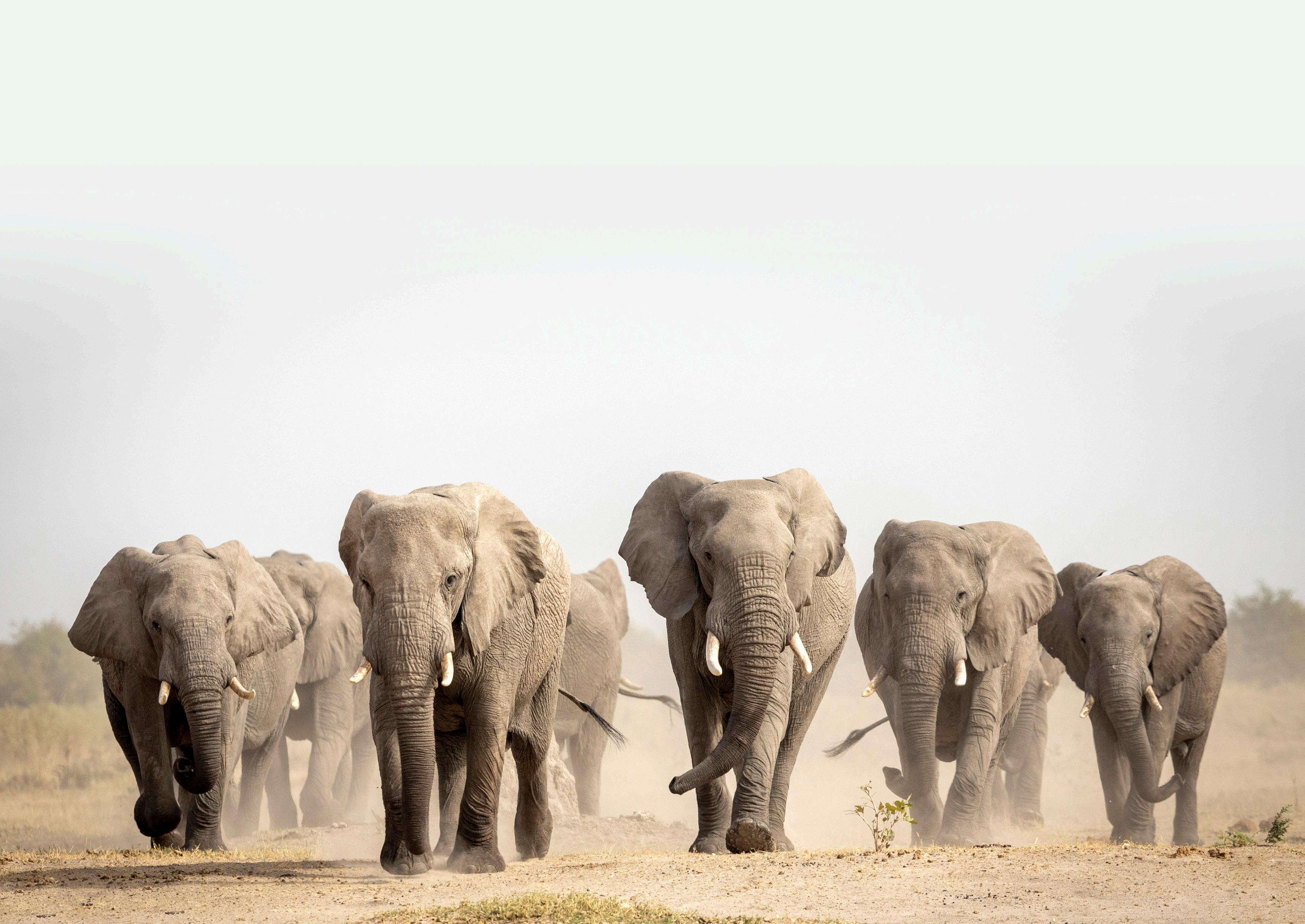
Driven by a unified culture, and common goals and plans to deliver change.
Our team is diverse, drawn from many cultures and countries. It is by harnessing their talent and commitment, and through the support of our partners, funders, and donors, that we will deliver our organisational goals.
Our Pathways to Freedom strategy will grow our impact. It will require us to be agile yet focussed, served by good governance, sound operations and sustainable finances.
Embracing new technology will allow us increasingly to work in more integrated and flexible ways, and we will continue to innovate how our teams work together, wherever they are based.
To operate efficiently over the next five years, we will
• Develop a five-year financial model and aligned fundraising strategy, which enables our charity to meet its objectives and to grow sustainably.
• Establish an impact and decision-making framework to monitor our performance and use our resources wisely.
• Seek out partnerships and new approaches to collaboration to help us achieve our objectives and increase our shared impact.
• Diversify and grow our sources of income, through continuing to value our loyal supporters, partners and funders, and offering more opportunities to support our work.
• Grow awareness of our charity and what it stands for, ensuring it is relevant, accessible, and meaningful to people of all ages.
• Adopt technology that supports how we work.
• Do everything in our power to deliver a better world for people and wildlife.

“At Born Free it all starts with one. One animal needing rescue, one species to save, one habitat to protect, one planet to nurture. The power resides in each one of us to do something to help. Please, stand with us and YOU can be the one.”
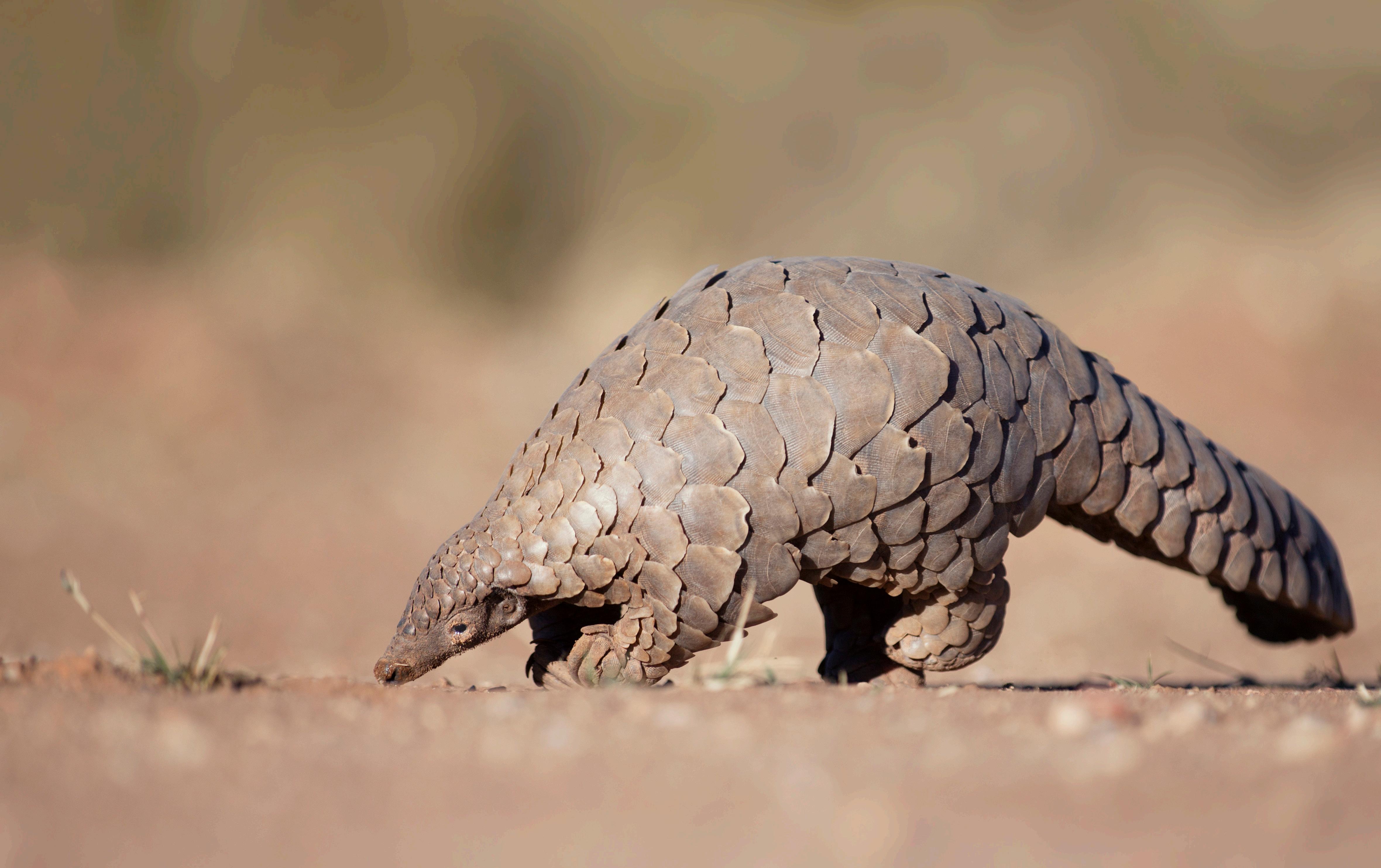
Dame Virginia McKenna Co-Founder & Trustee
